New Samsung Galaxy A54 and A34 offer more of what you want, but is it enough?
Galaxy S-inspiration with a more approachable price tag
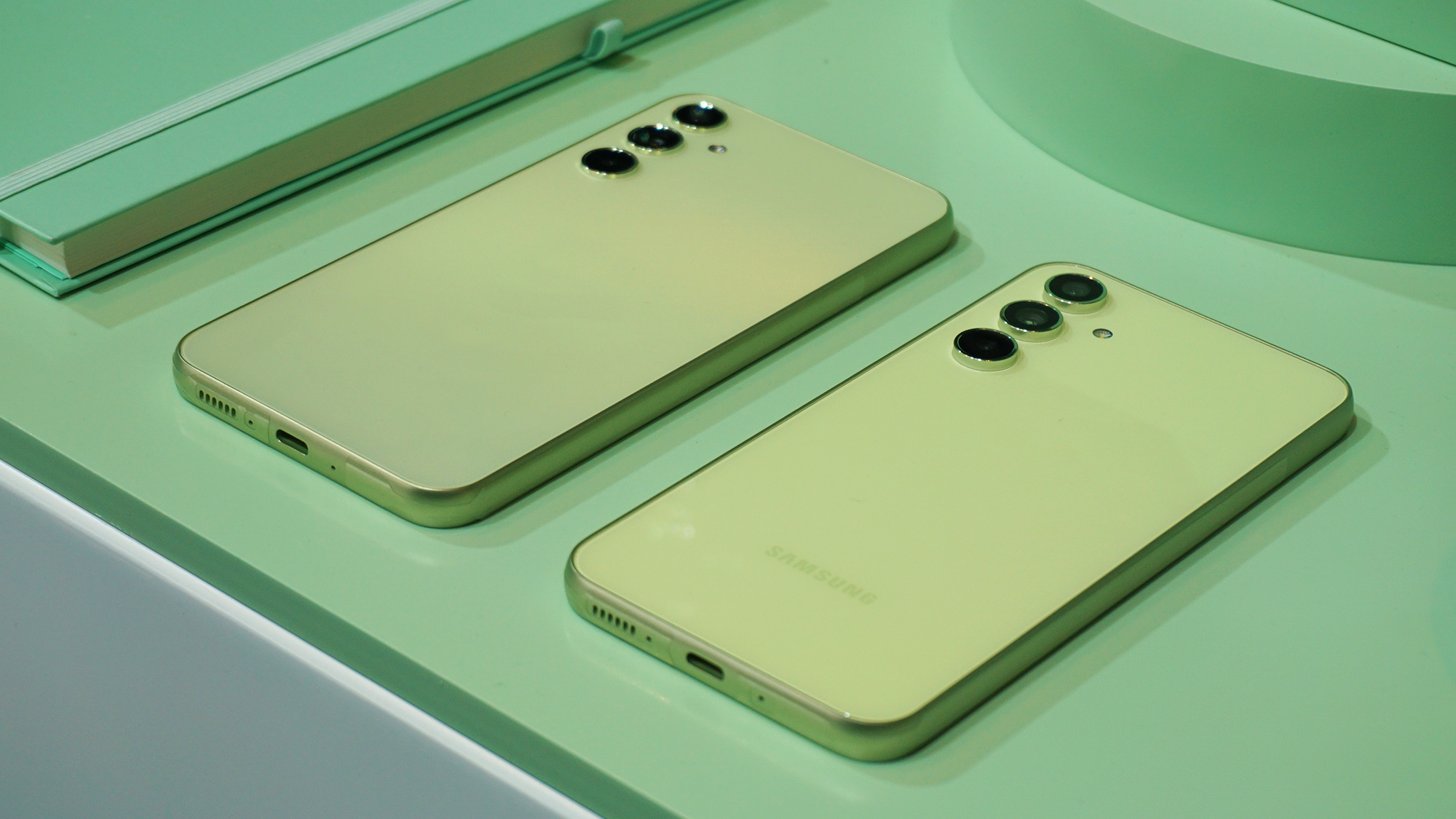
In our Samsung Galaxy S23 Ultra review, we rated the flagship as the best camera phone in the world, but you don’t have to spend Ultra money to get a quality camera phone from Samsung, and the company’s newly announced mid-rangers seem aimed at making decent mobile photography more accessible and entertaining.
The company has just unveiled the Samsung Galaxy A54 5G and the Samsung Galaxy A34 5G, and while most mid-range phones will have at least one filler camera (think a 2MP depth sensor or similar), these look to buck that trend.
With the Galaxy A54 5G, you get a 50MP f/1.8 main camera with optical image stabilization (OIS), a 12MP f/2.2 ultra-wide, and a 5MP f/2.4 macro snapper, along with a 32MP f/2.2 camera on the front.
With these, Samsung claims the Galaxy A54 5G can deliver great photos even in low light conditions, along with super-smooth video calls, and the phone is additionally said to have enhanced editing tools, so you can get the most out of your images.
The cheaper Samsung Galaxy A34 5G doesn’t sound like much of a step down though, as this has a 48MP f/1.8 main snapper with OIS, an 8MP f/2.2 ultra-wide, and a 5MP f/2.4 macro, along with a 13MP f/2.2 front-facing camera.
Another highlight of these phones – at least going by the specs – is their screens, with the Samsung Galaxy A54 5G sporting a 6.4-inch FHD+ Super AMOLED display with a 120Hz refresh rate, while the Galaxy A34 5G ups the size to 6.6 inches (despite being cheaper) and otherwise has those same specs, making a bump up from 90Hz on last year's Samsung Galaxy A33 5G.
Beyond that, both phones have decently-large 5,000mAh batteries, with 25W charging, plus 5G, an in-screen fingerprint sensor, an IP67 rating for water resistance, 128GB or 256GB of storage, a microSD card slot, and stereo speakers.
Sign up for breaking news, reviews, opinion, top tech deals, and more.
Differences come in their power though, with the Samsung Galaxy A54 5G packing an Exynos 1380 chipset (itself announced only a few weeks prior to the A54's unveiling) and 8GB of RAM, while the A34 5G has a slightly less powerful MediaTek Dimensity 1080 chipset, paired with either 6GB or 8GB of RAM. The Galaxy A54 5G also has a slightly more modern design, with a punch-hole camera, whereas the A34 5G has a notch or what Samsung calls an 'Infinity-U display'.
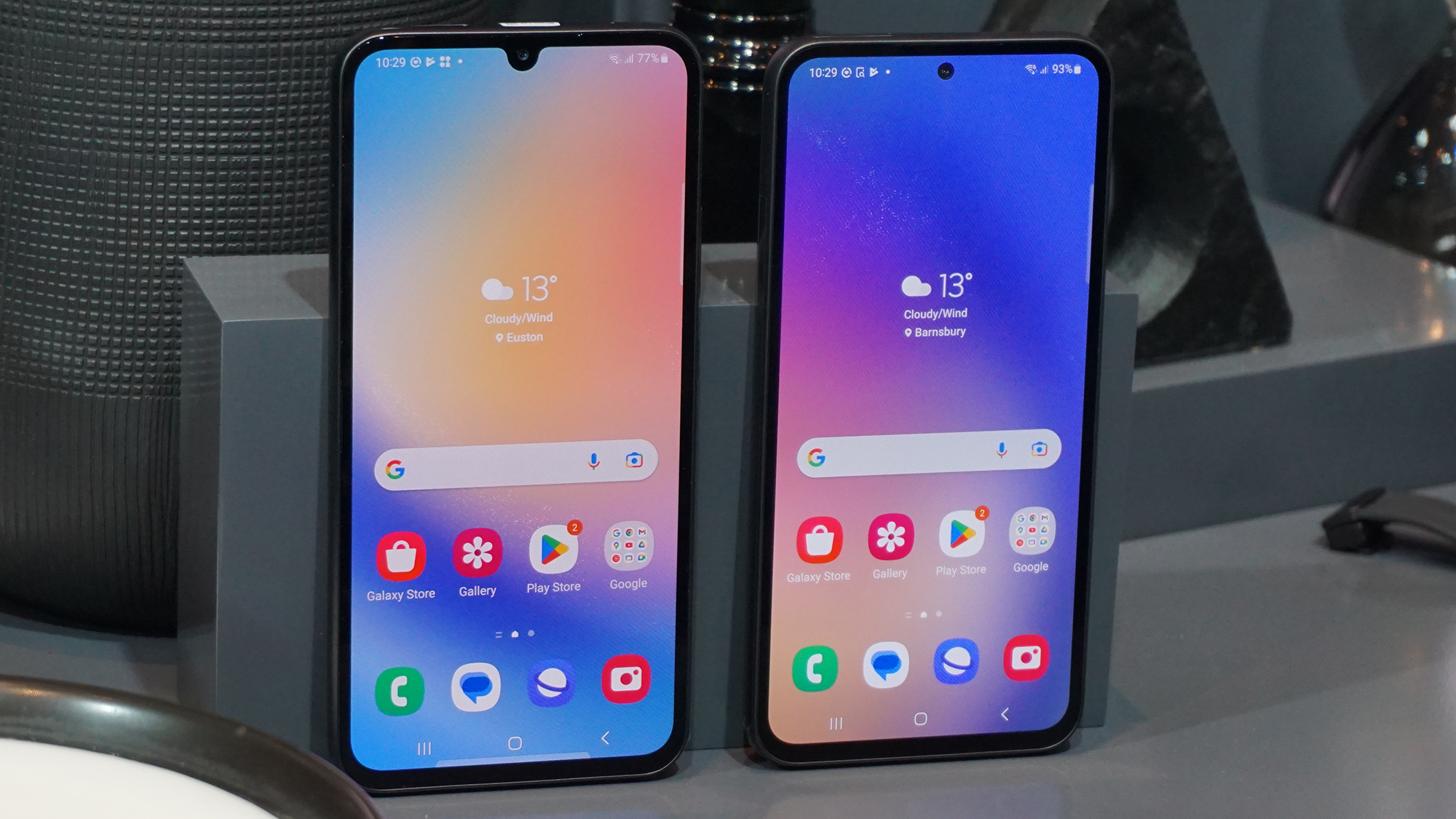
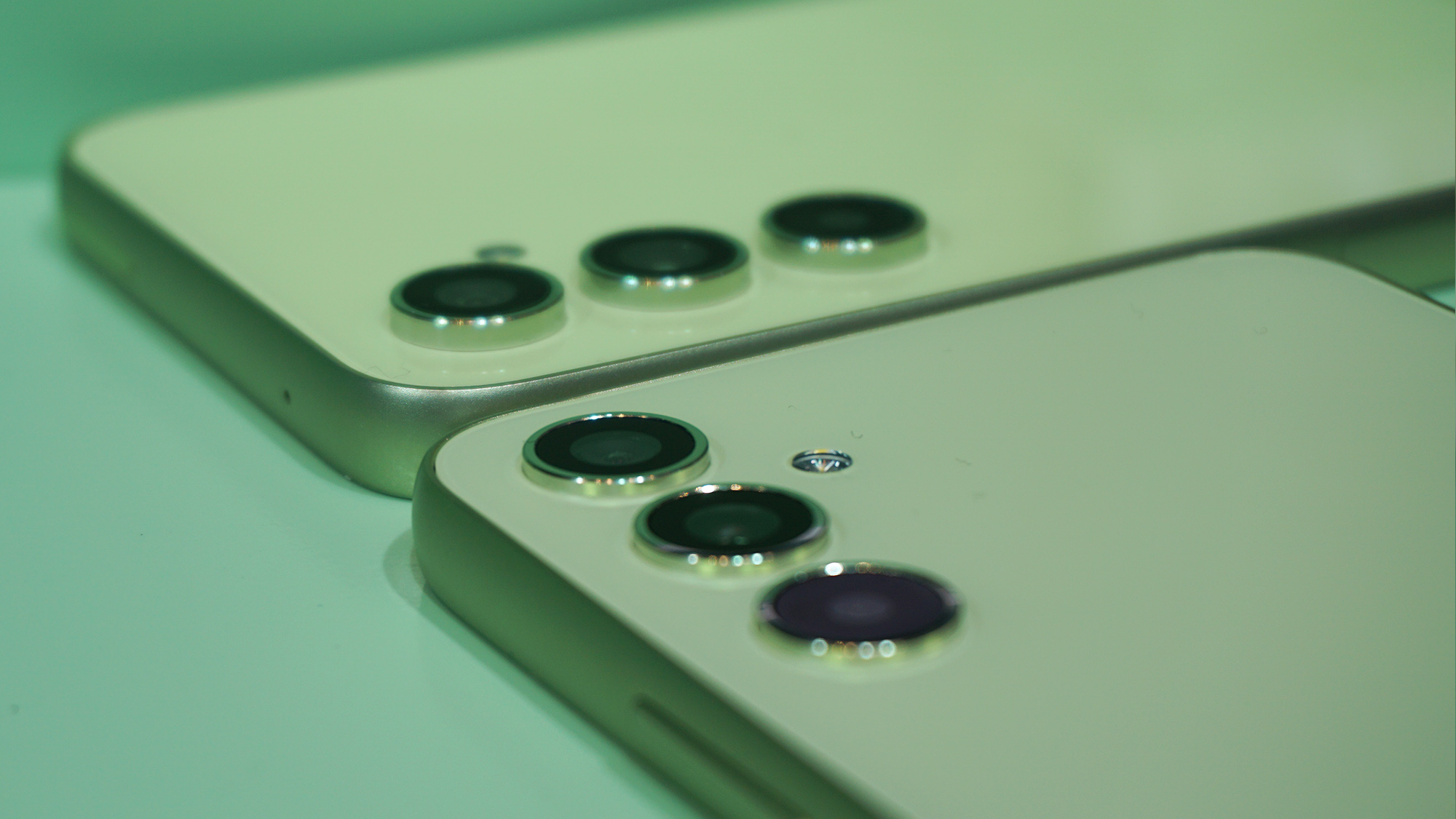
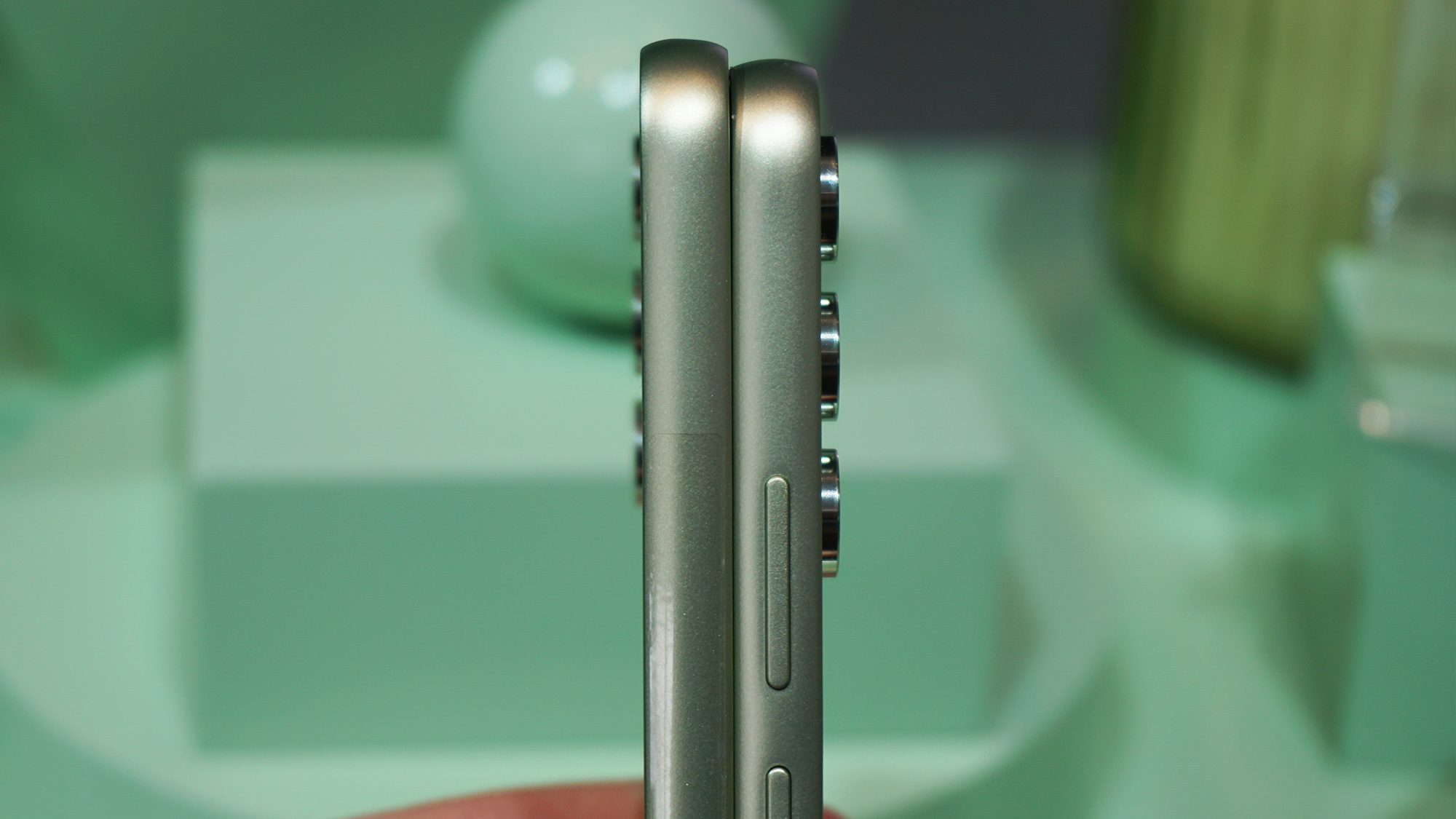
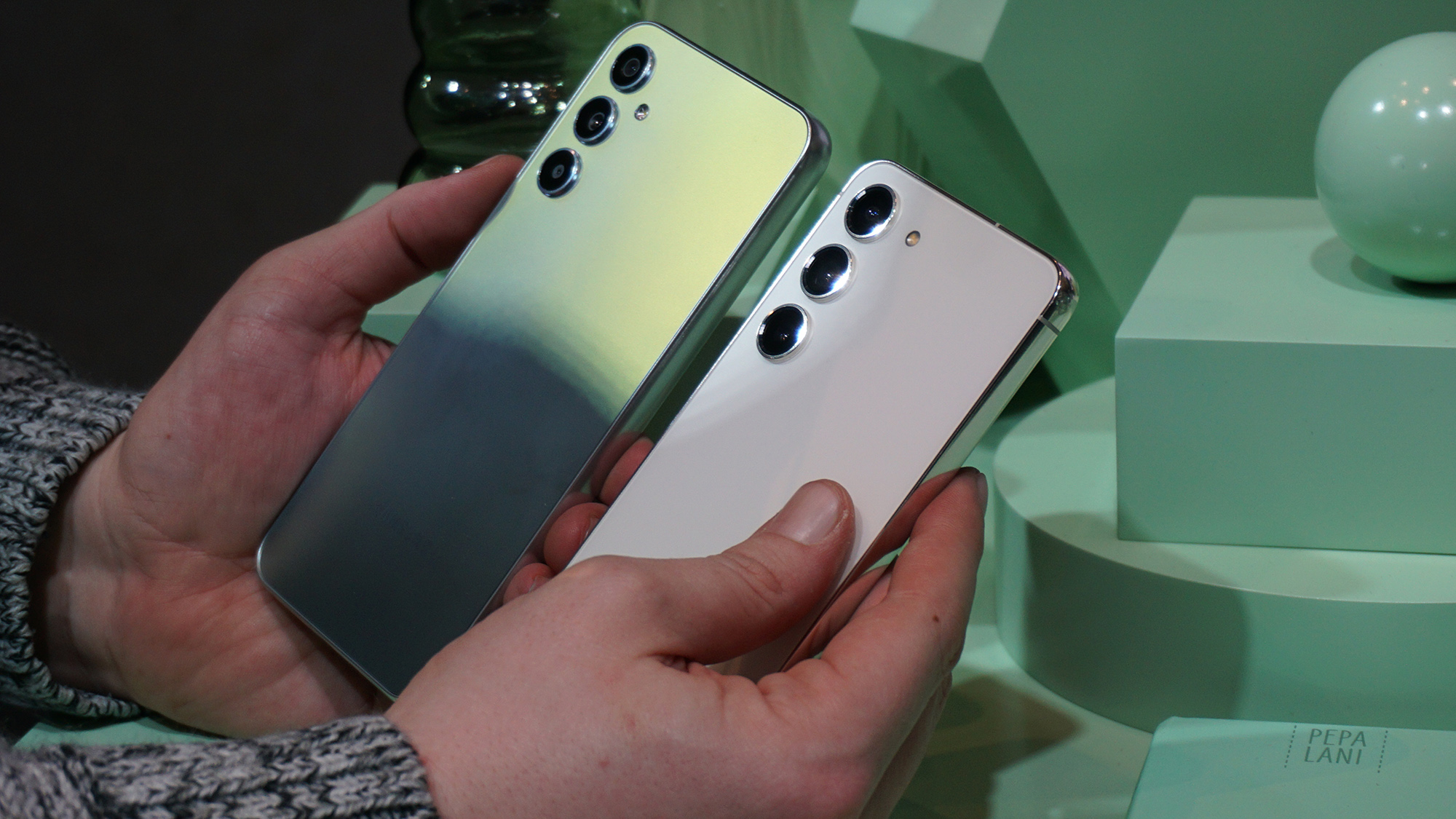
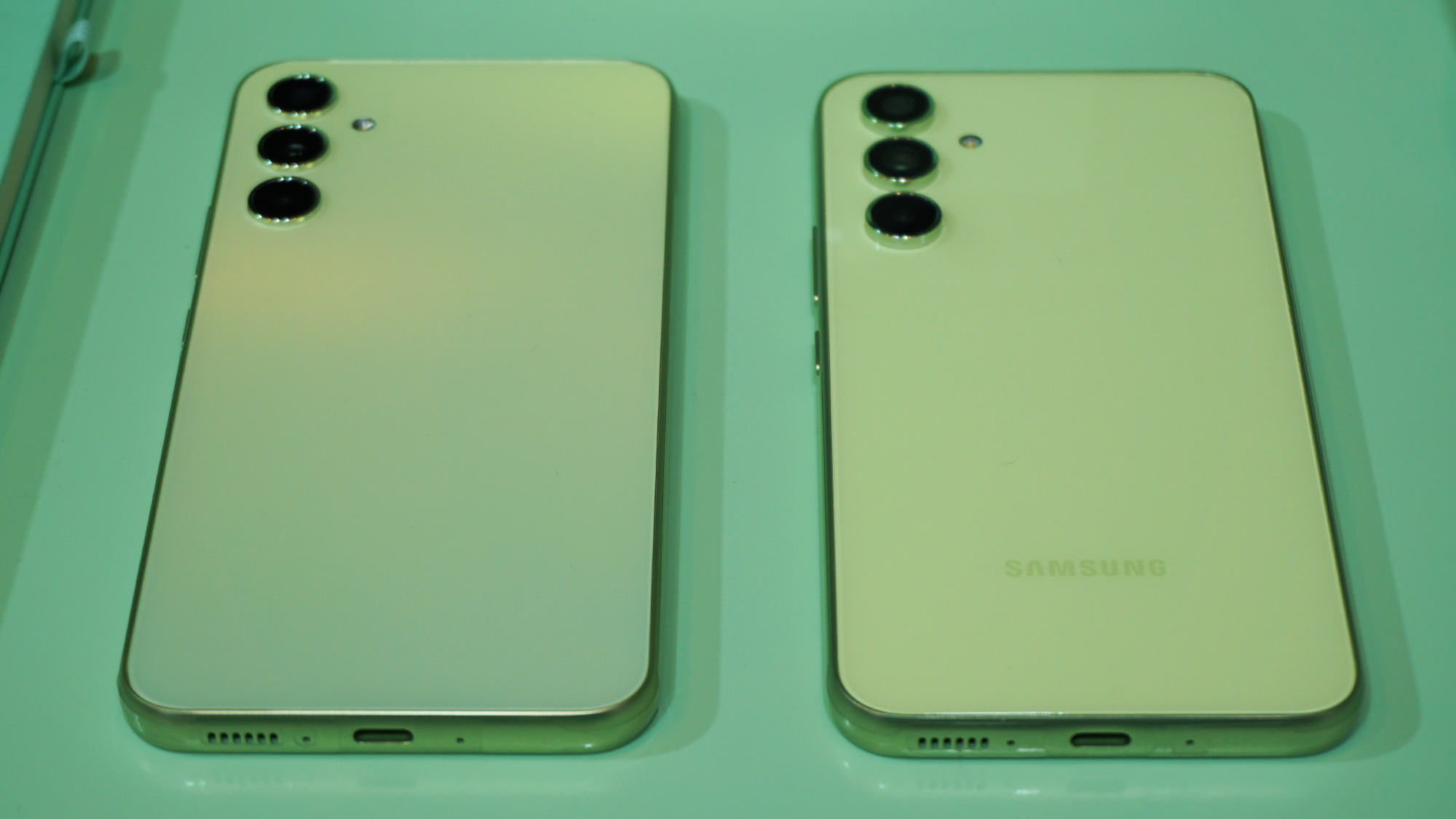
Of course, you’ll also pay less for the Samsung Galaxy A34 5G, with that phone costing £349 for 128GB of storage or £399 for 256GB, while the Galaxy A54 5G costs £449 or £499 for 128GB and 256GB models, in the UK respectively. That marks a notable uptick in price year on year, compared to the Galaxy A33 and A53, which started at £329 and £399, each. The phones go on sale on April 25 in the region and Samsung will chuck in a pair of Galaxy Buds 2 for free, if you buy either of these phones before that date.
In Australia, both phones only come in the 128GB storage flavour (expandable to 1TB), with the A34 5G costing AU$599 and the A54 5G setting you back a higher AU$699. Both match the launch price of the predecessor models and the new handsets will be available from March 31. Like the UK, Aussie shoppers also get a bonus in the form of a Galaxy Watch 4 as long as you make the purchase by April 13.
It's a different story in the US, however, with no sign of the A34 5G at all, while the A54 5G looks to be landing at the same price as its predecessor, at $449.99 for the base model, which includes 8GB RAM compared to a starting 6GB on the previous generation. Stateside, the pre-orders for the A54 5G start March 30, with the phone on sale from April 6.
These pricing hike discrepancies across different markets look to be driven by the current instability of the global economic climate and echo what we saw from Samsung last year, with the likes of the Galaxy Z Flip 4 costing £50 more than its predecessor in the UK, despite consistent cross-generational pricing being maintained in the US.
Analysis: how much of an upgrade are these?
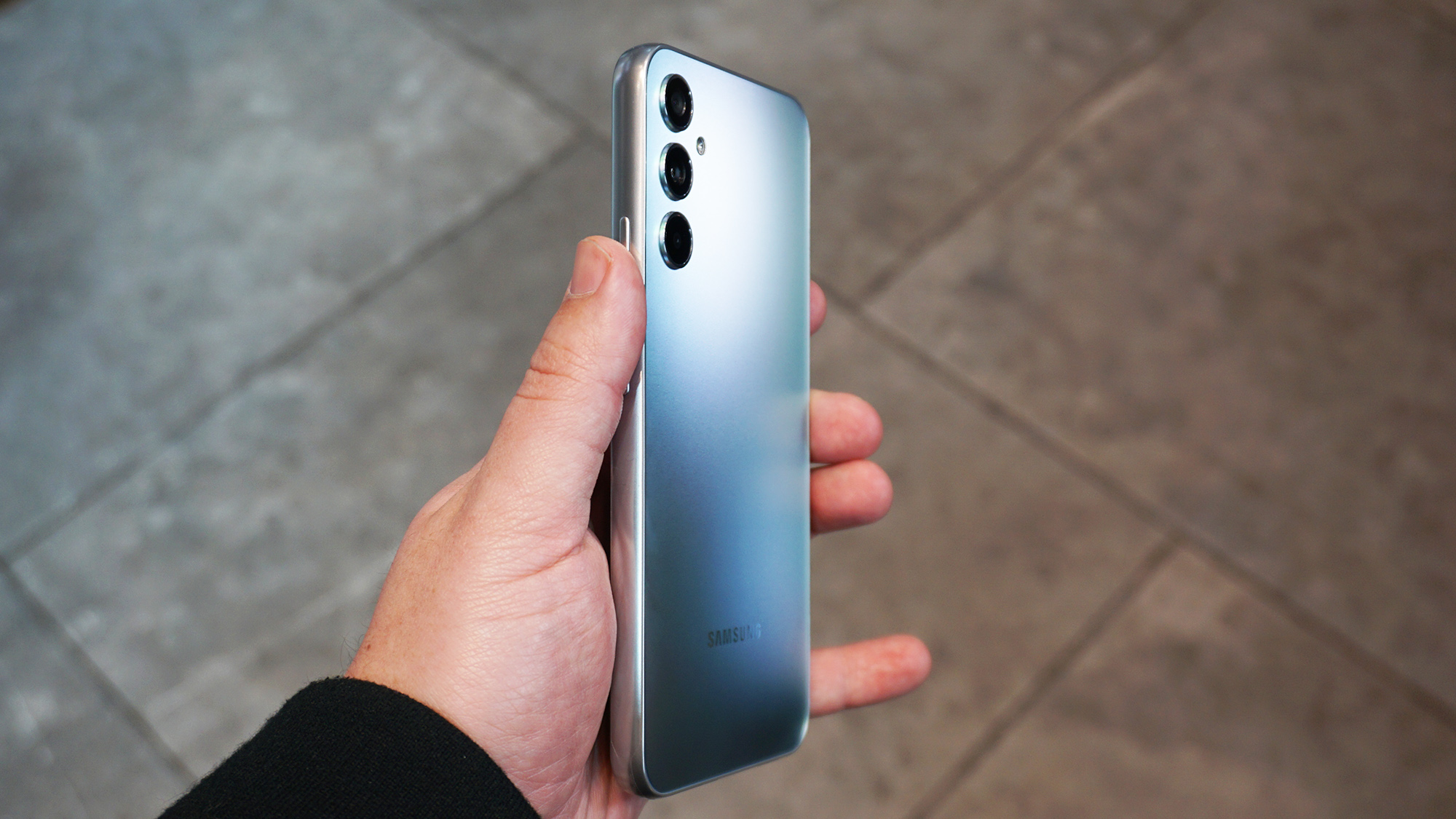
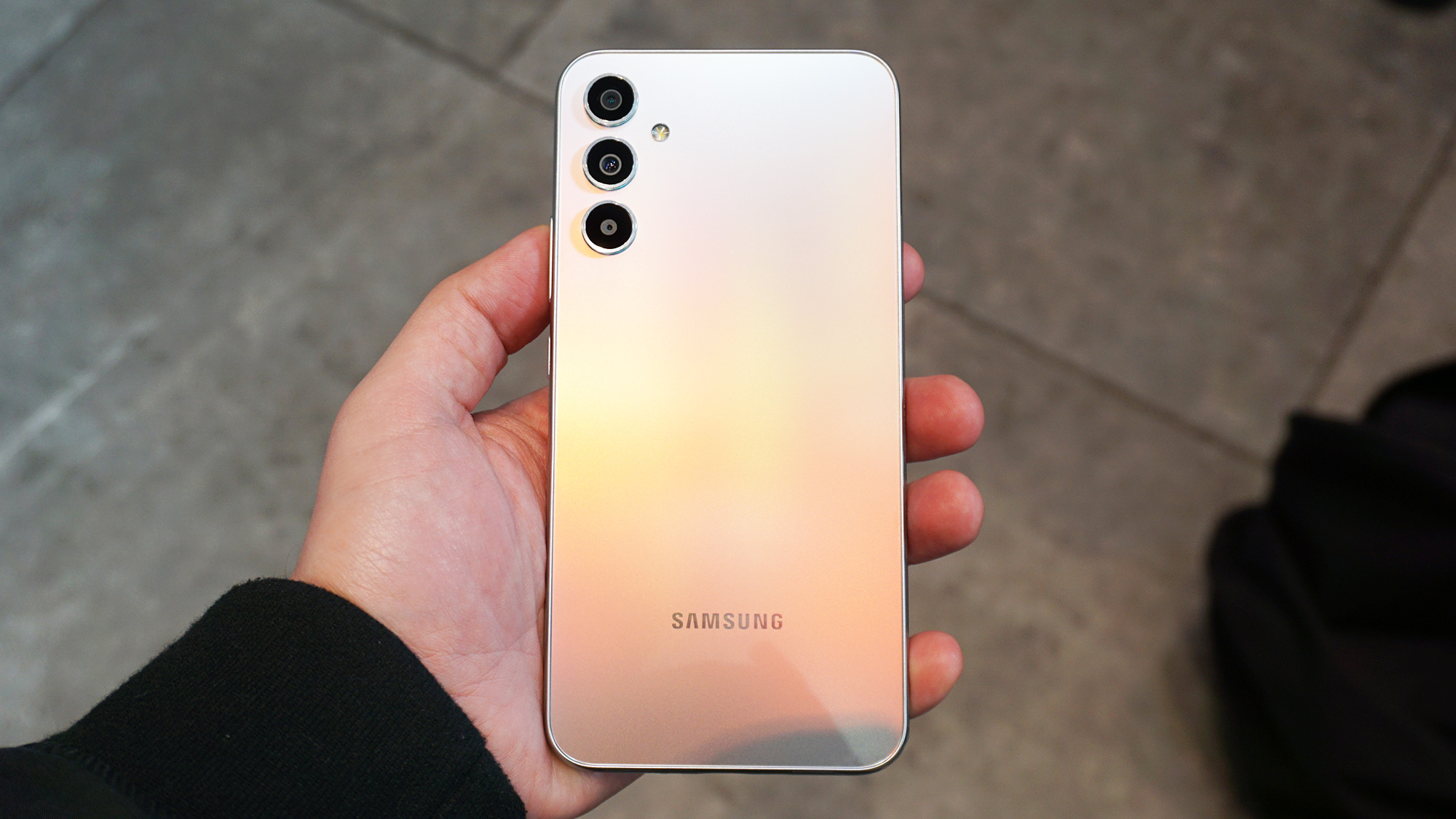
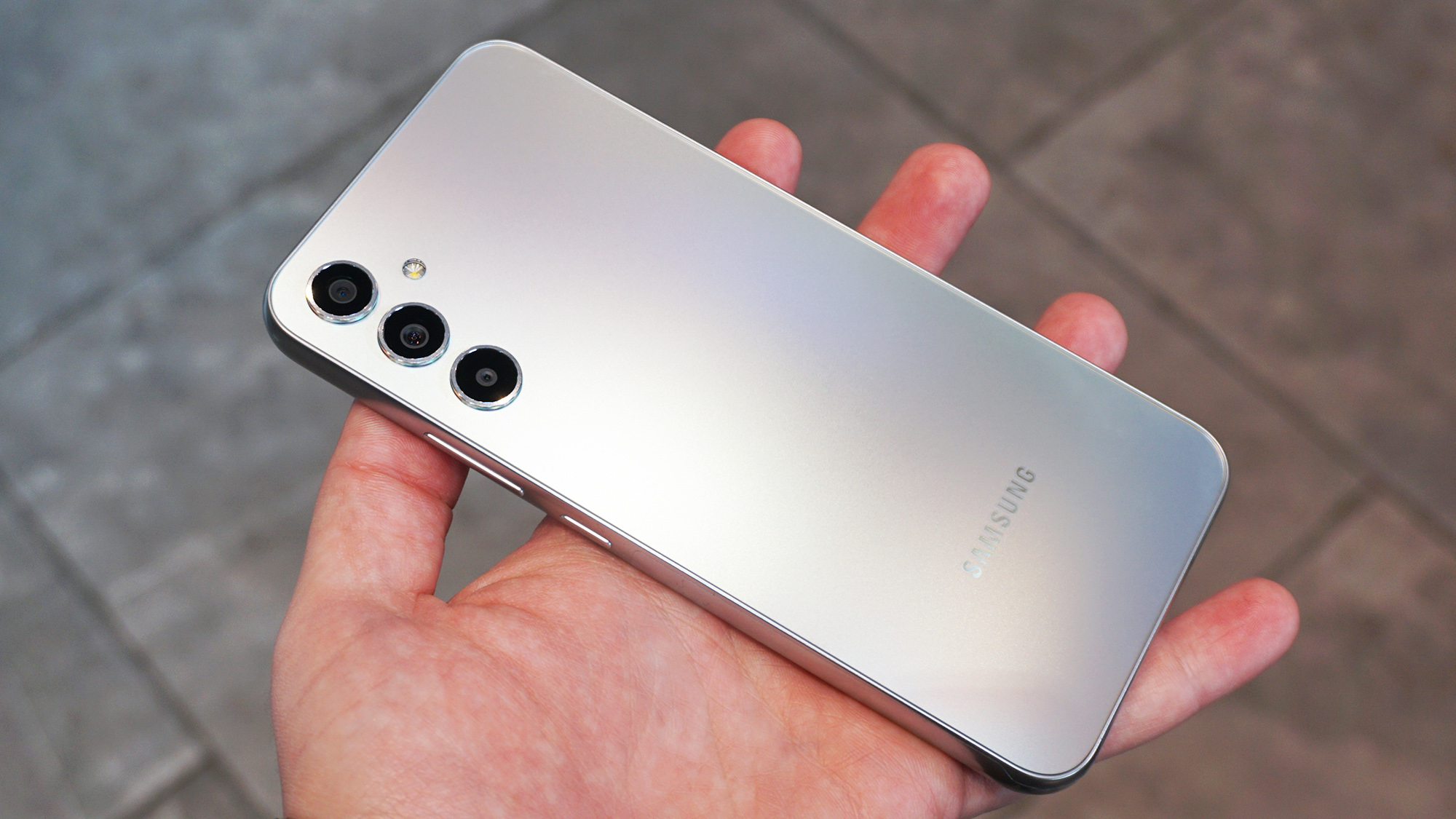
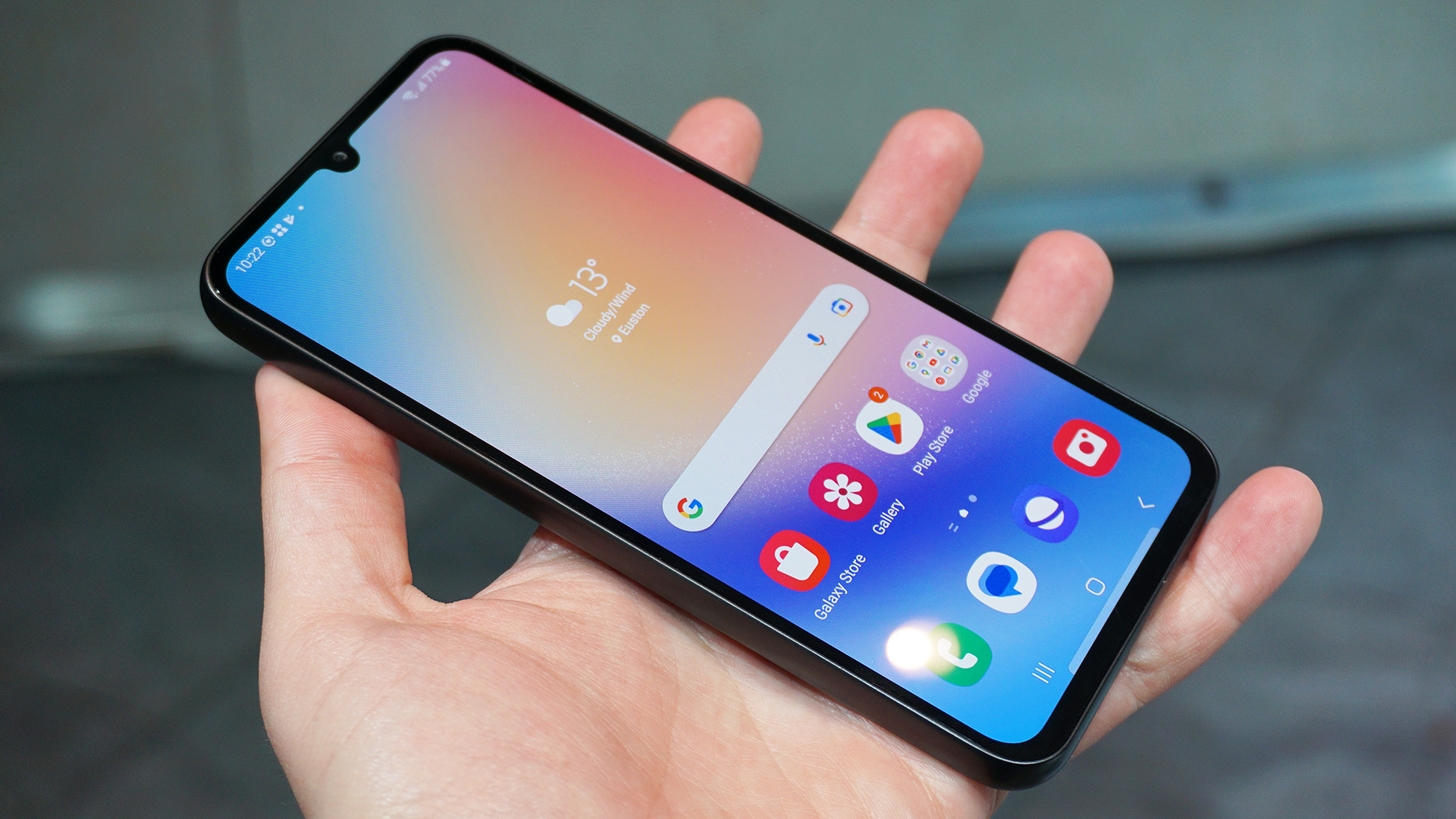
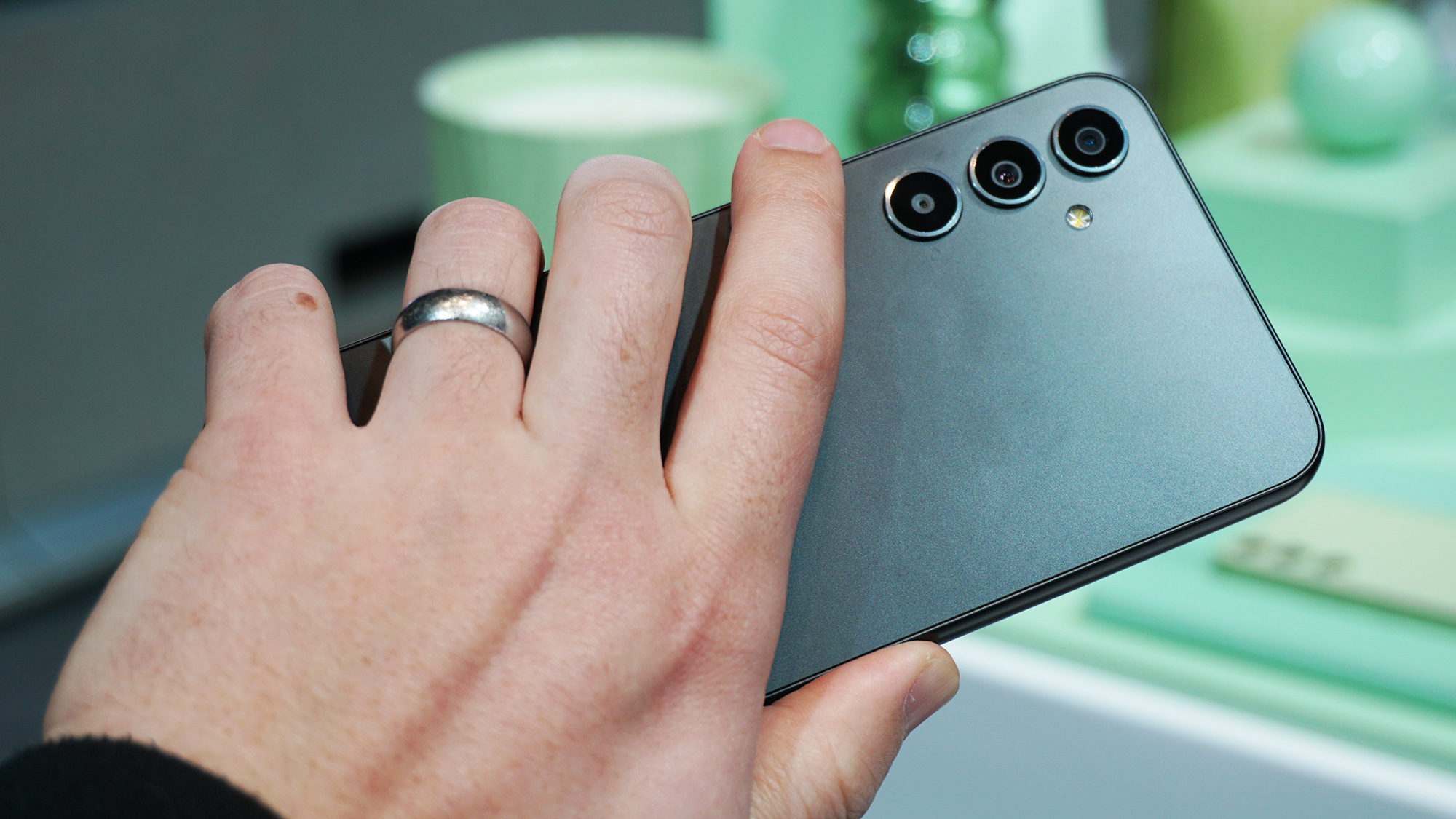
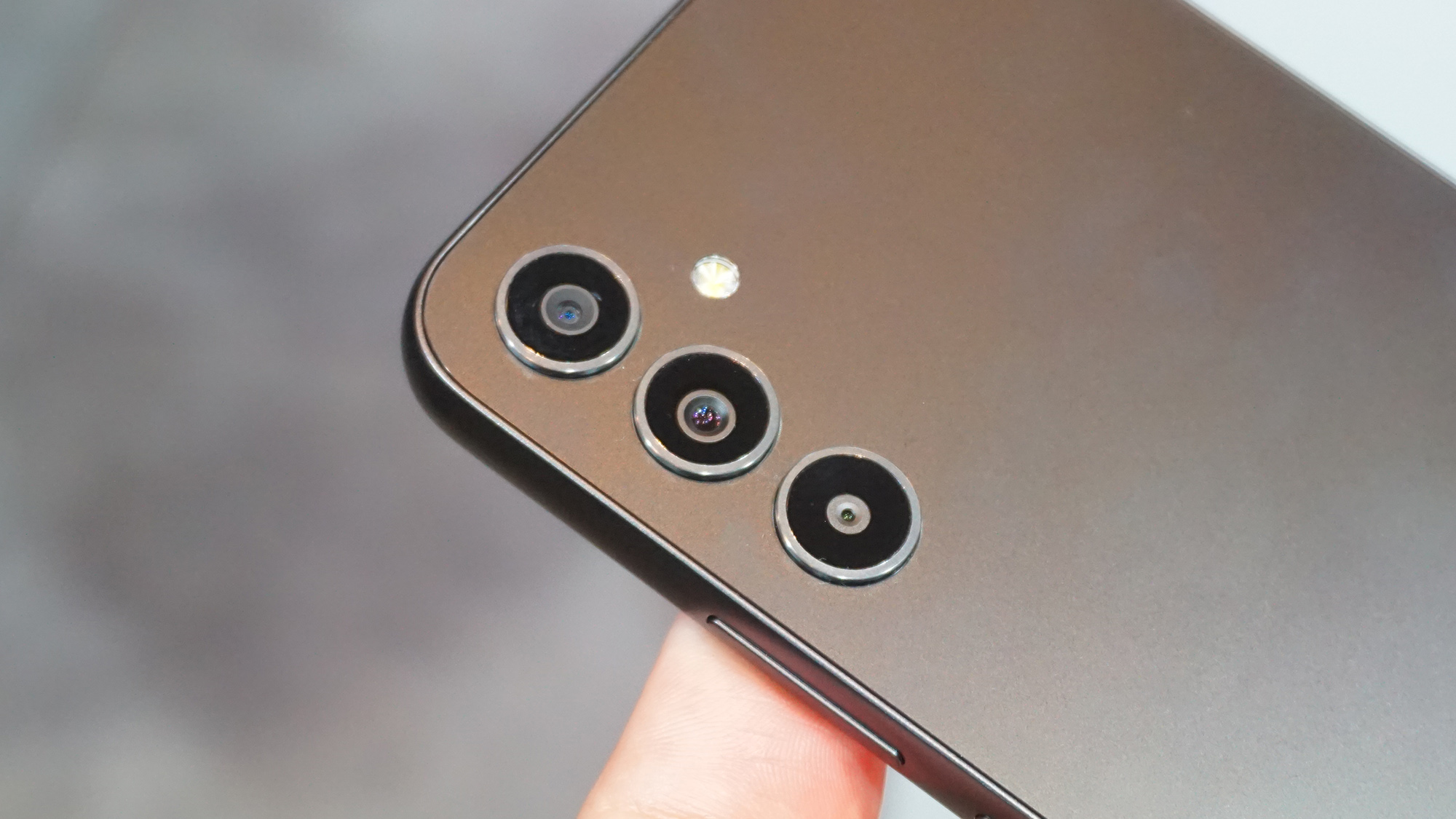
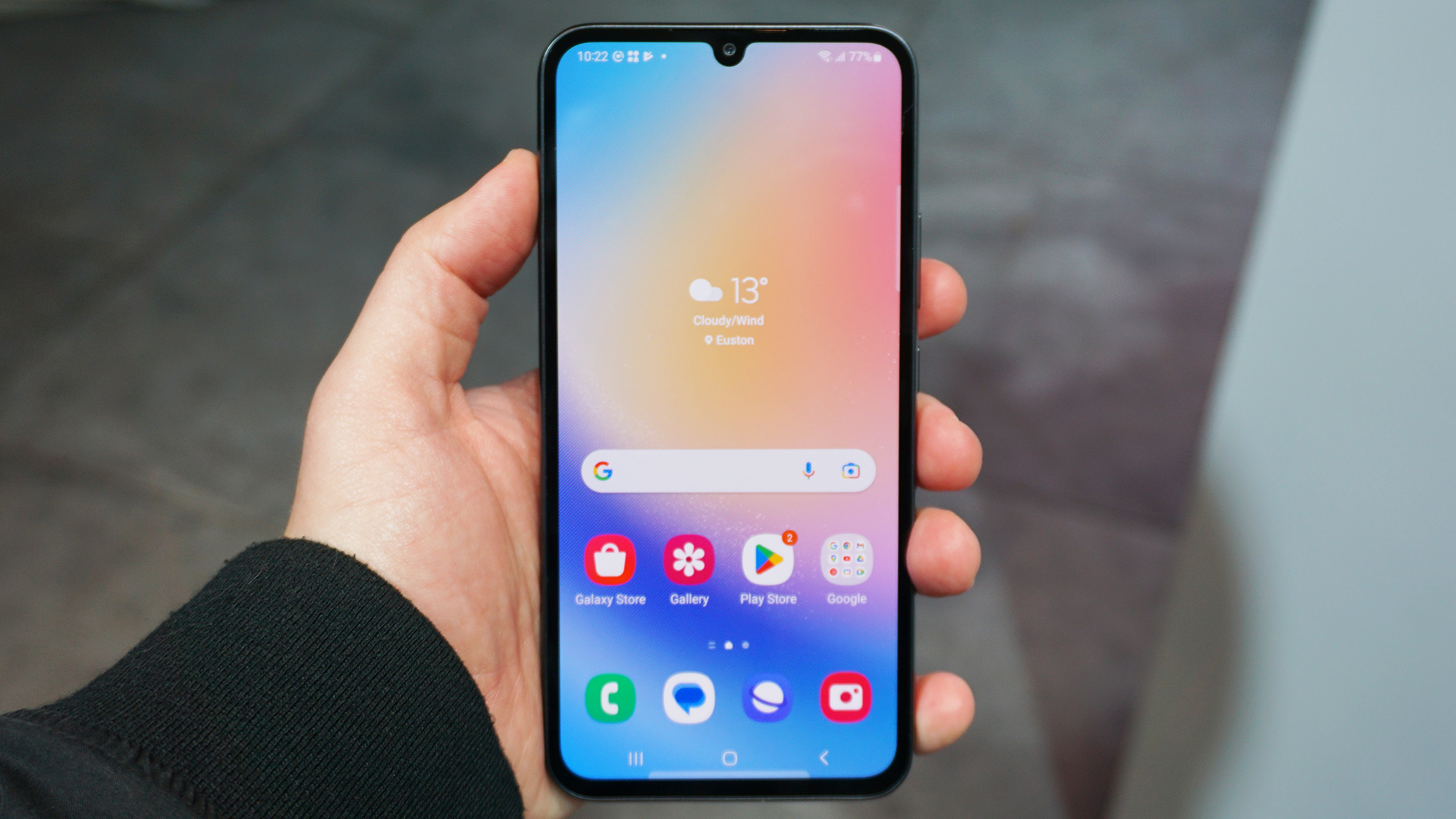
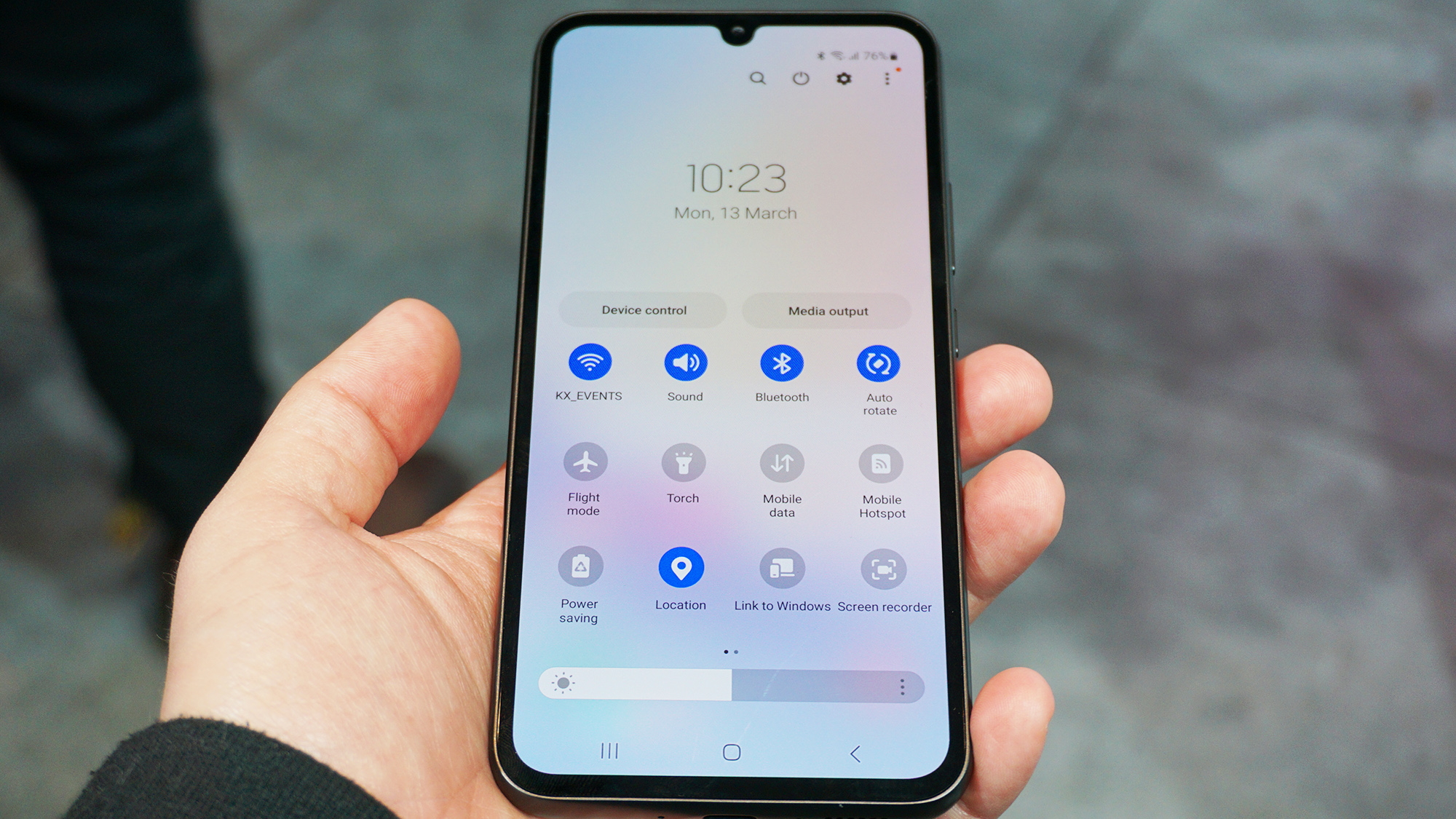
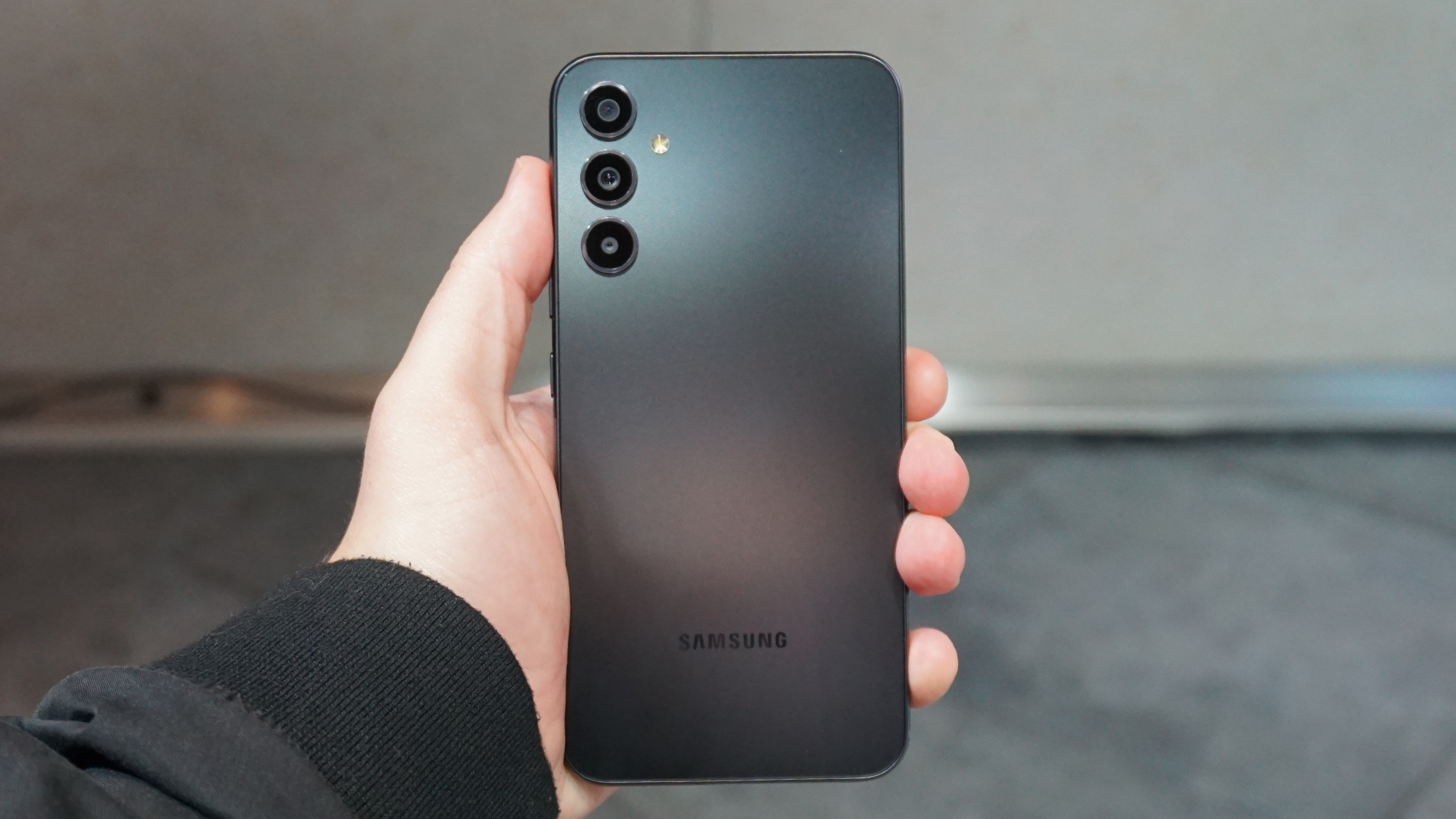
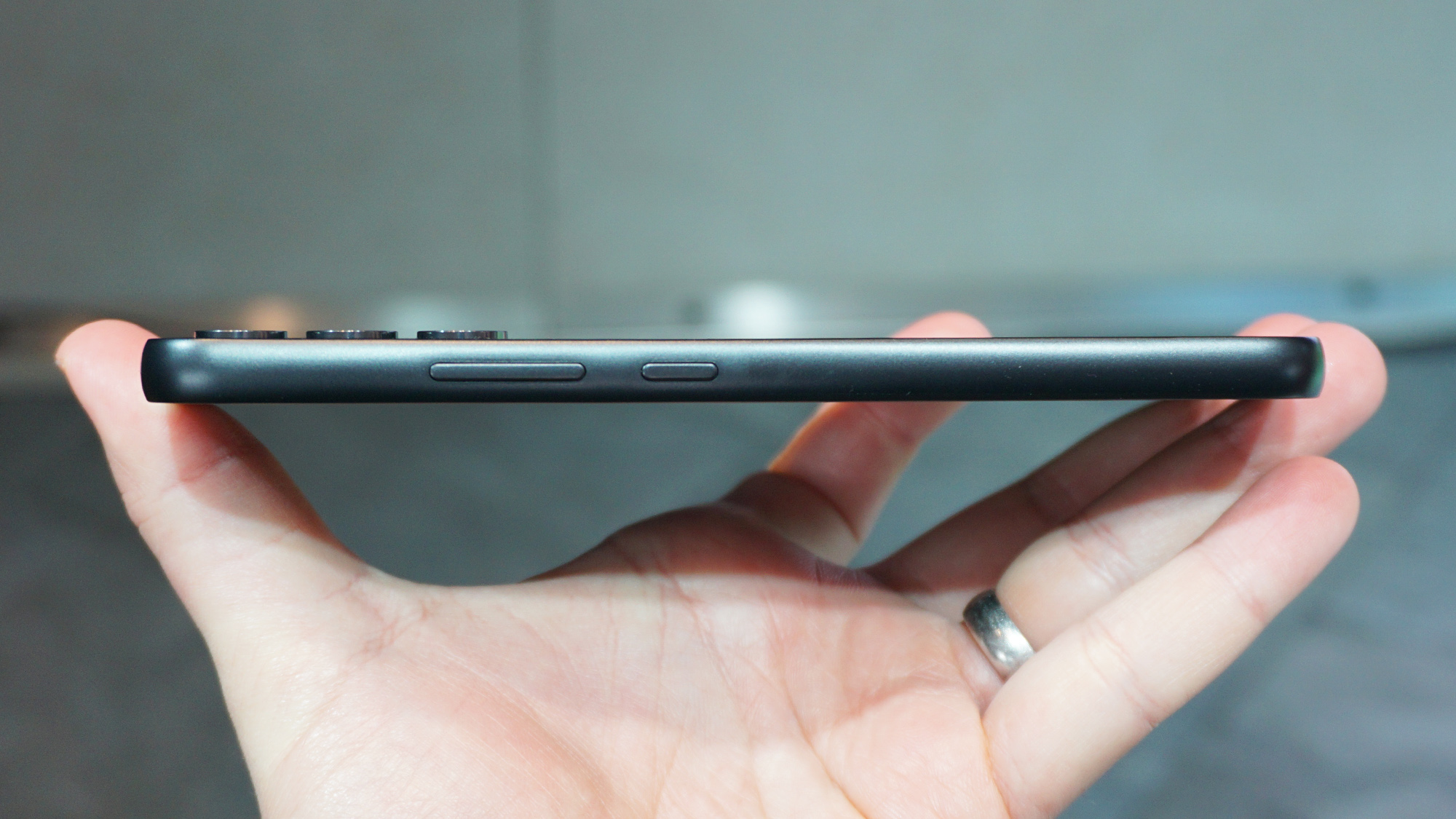
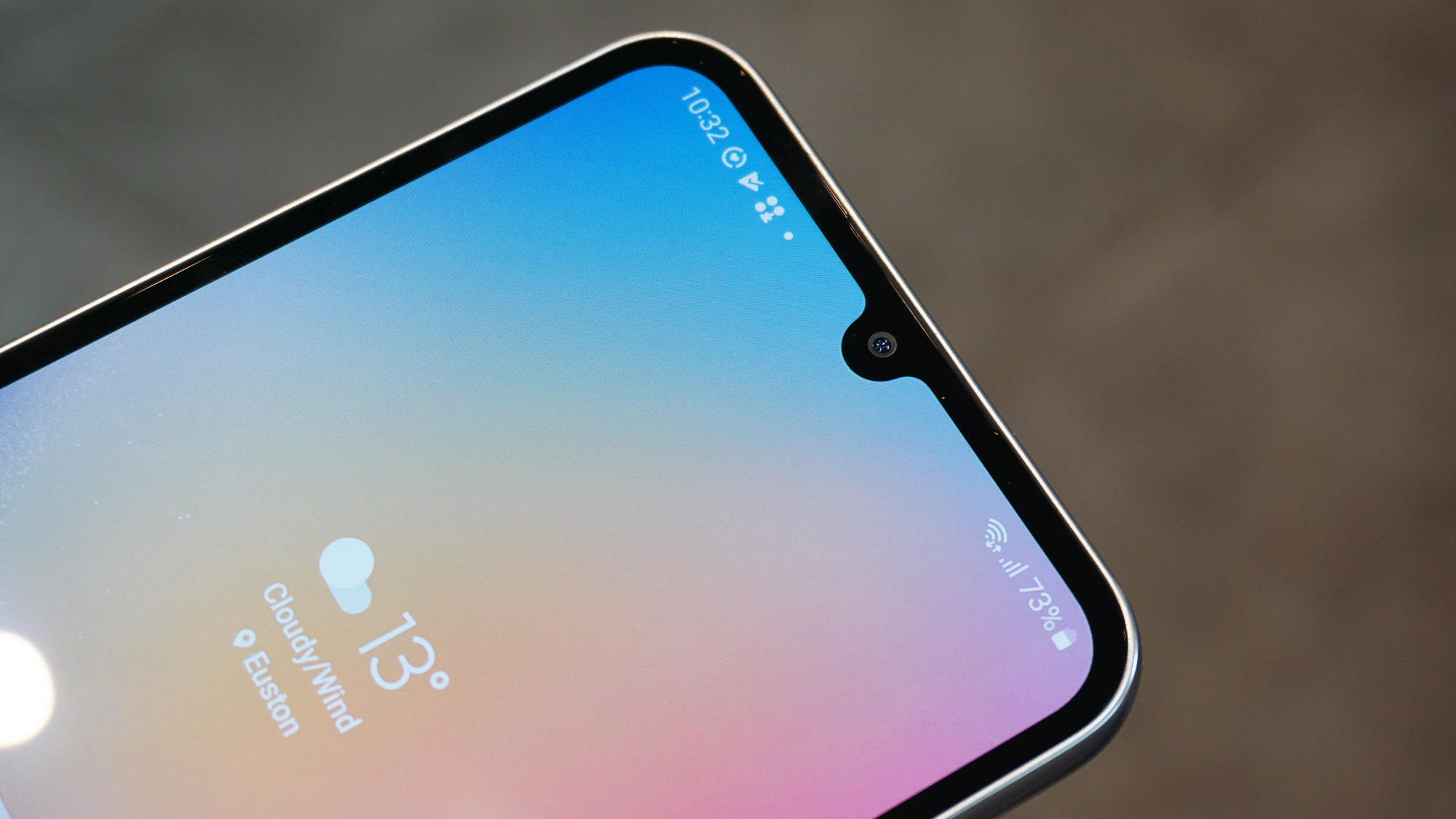
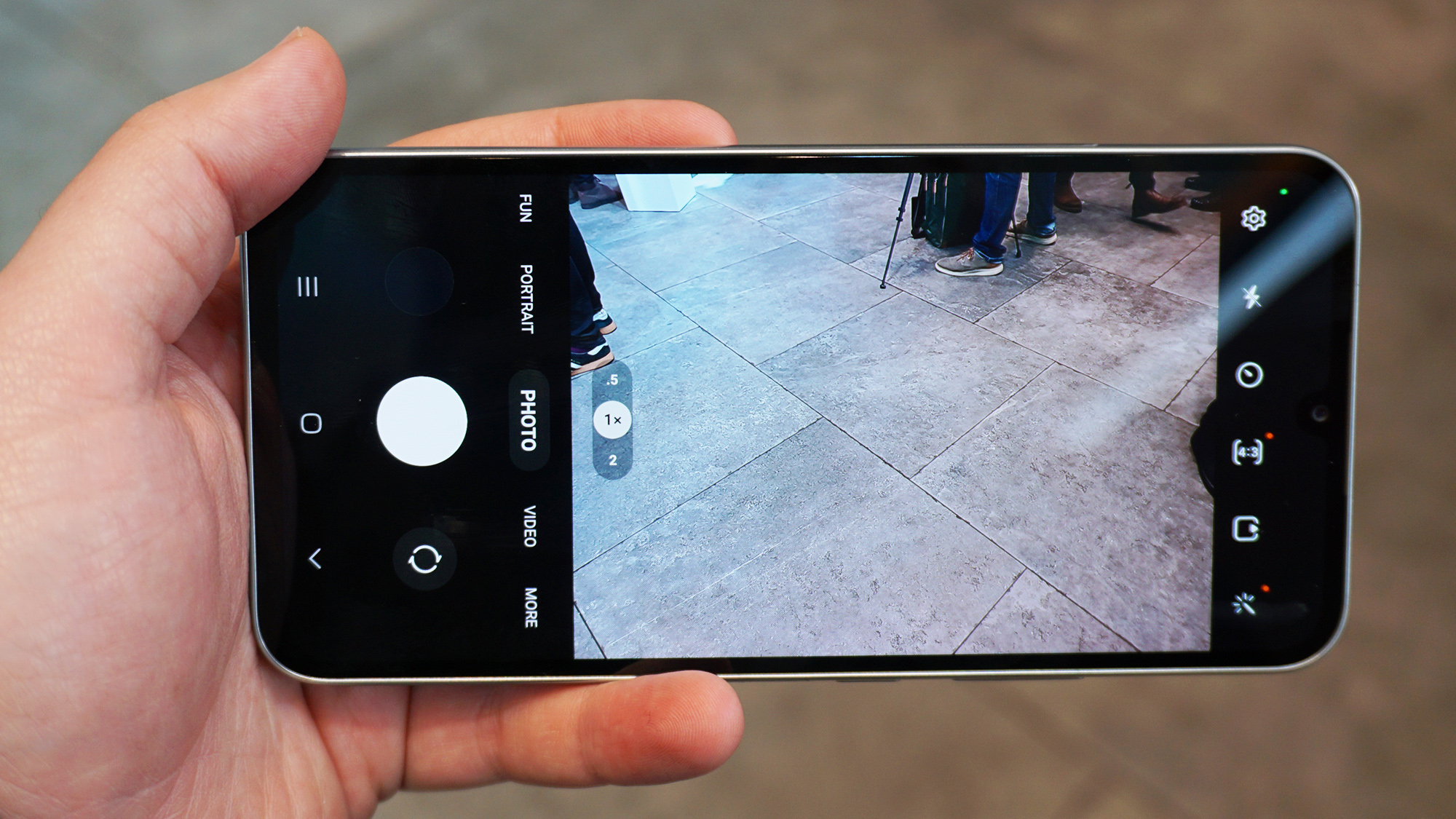
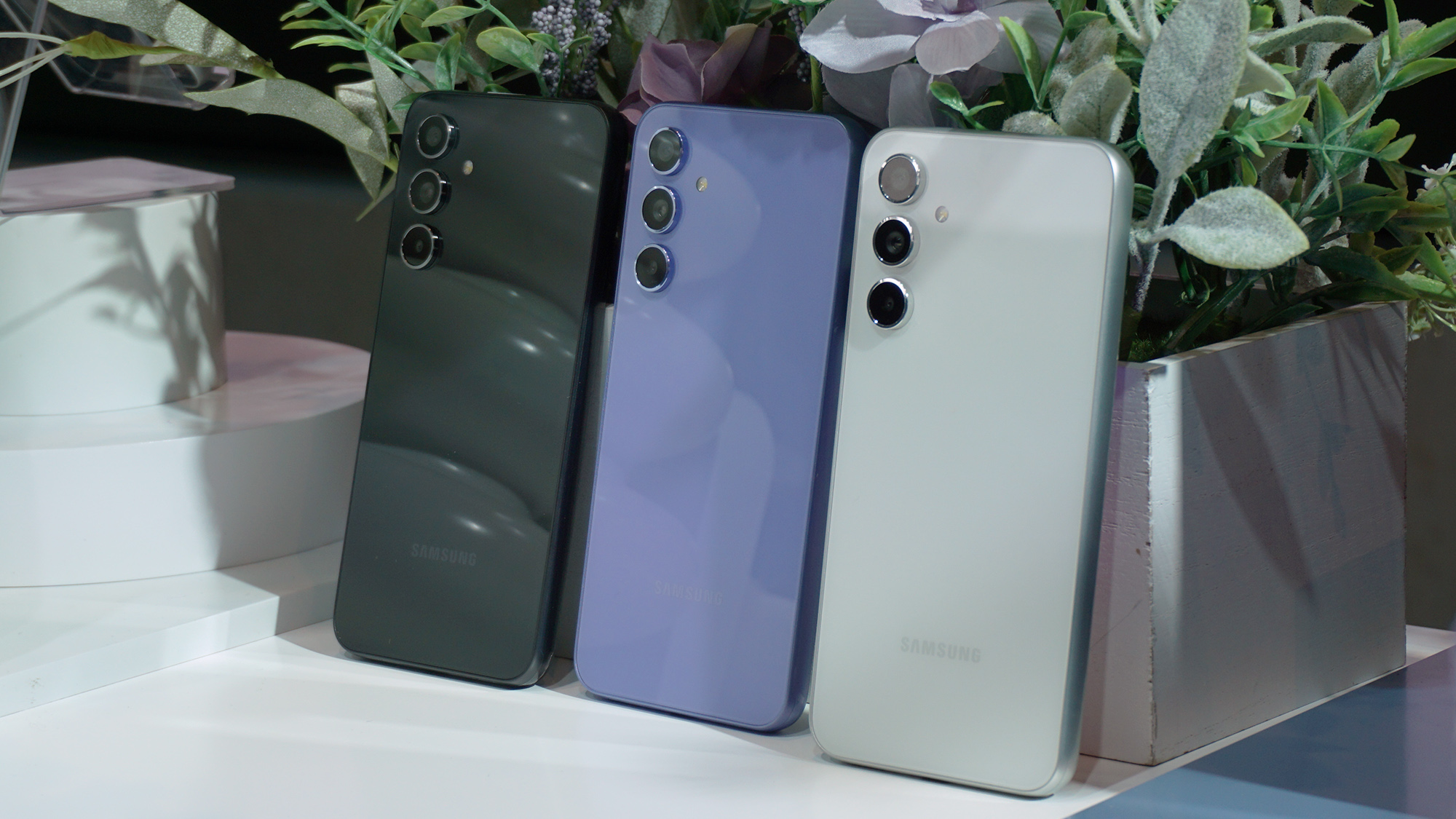
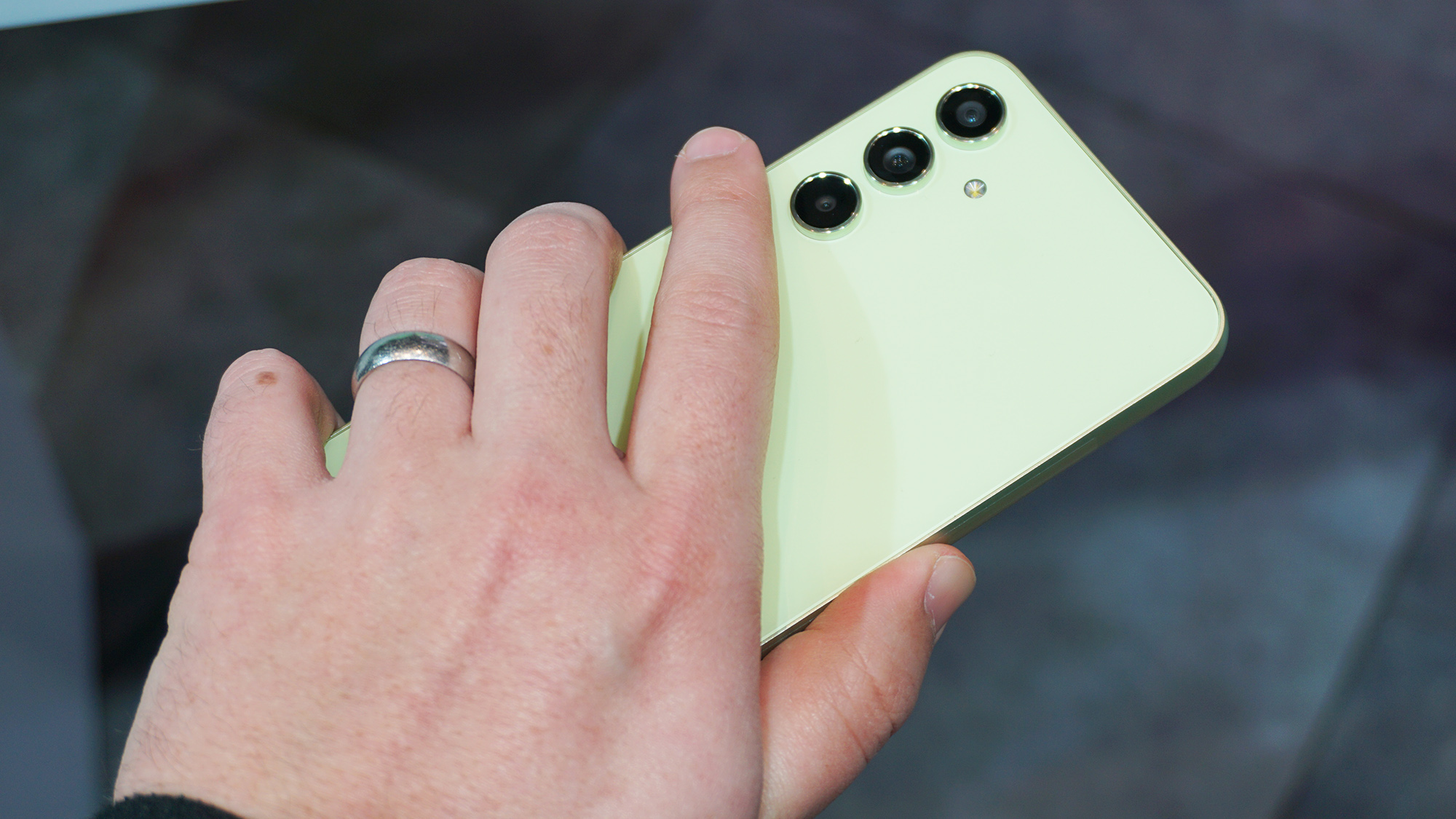
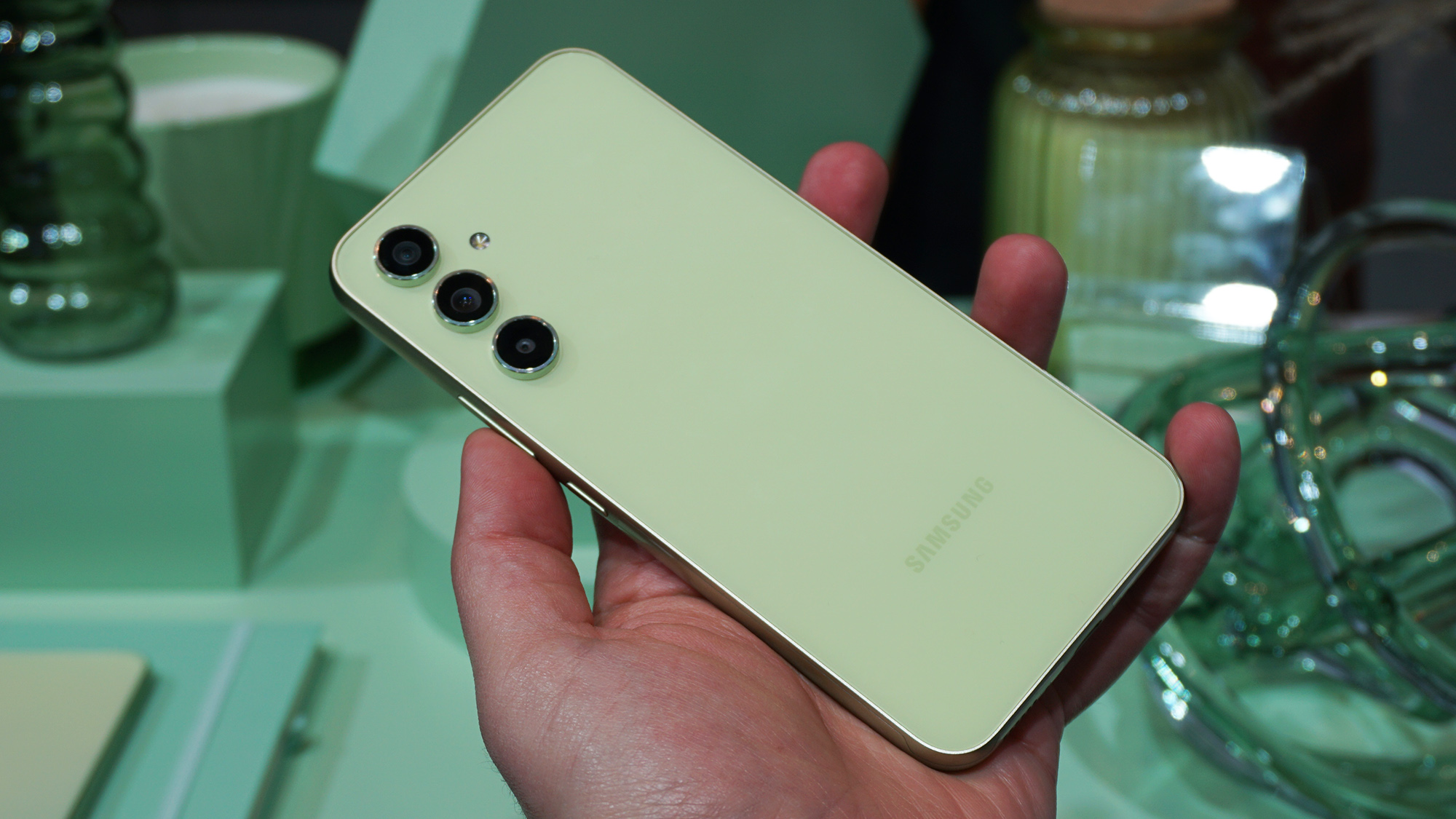
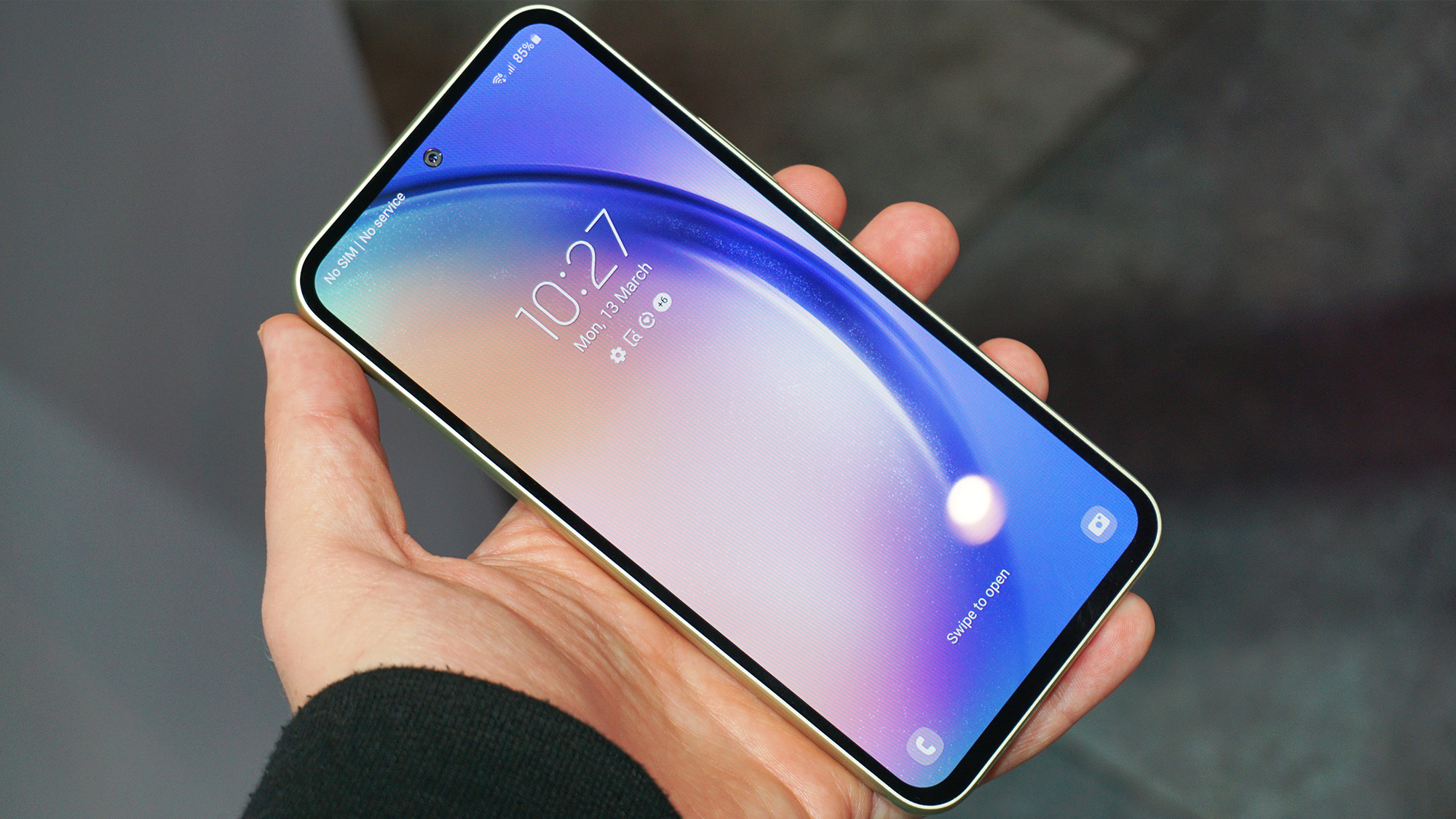
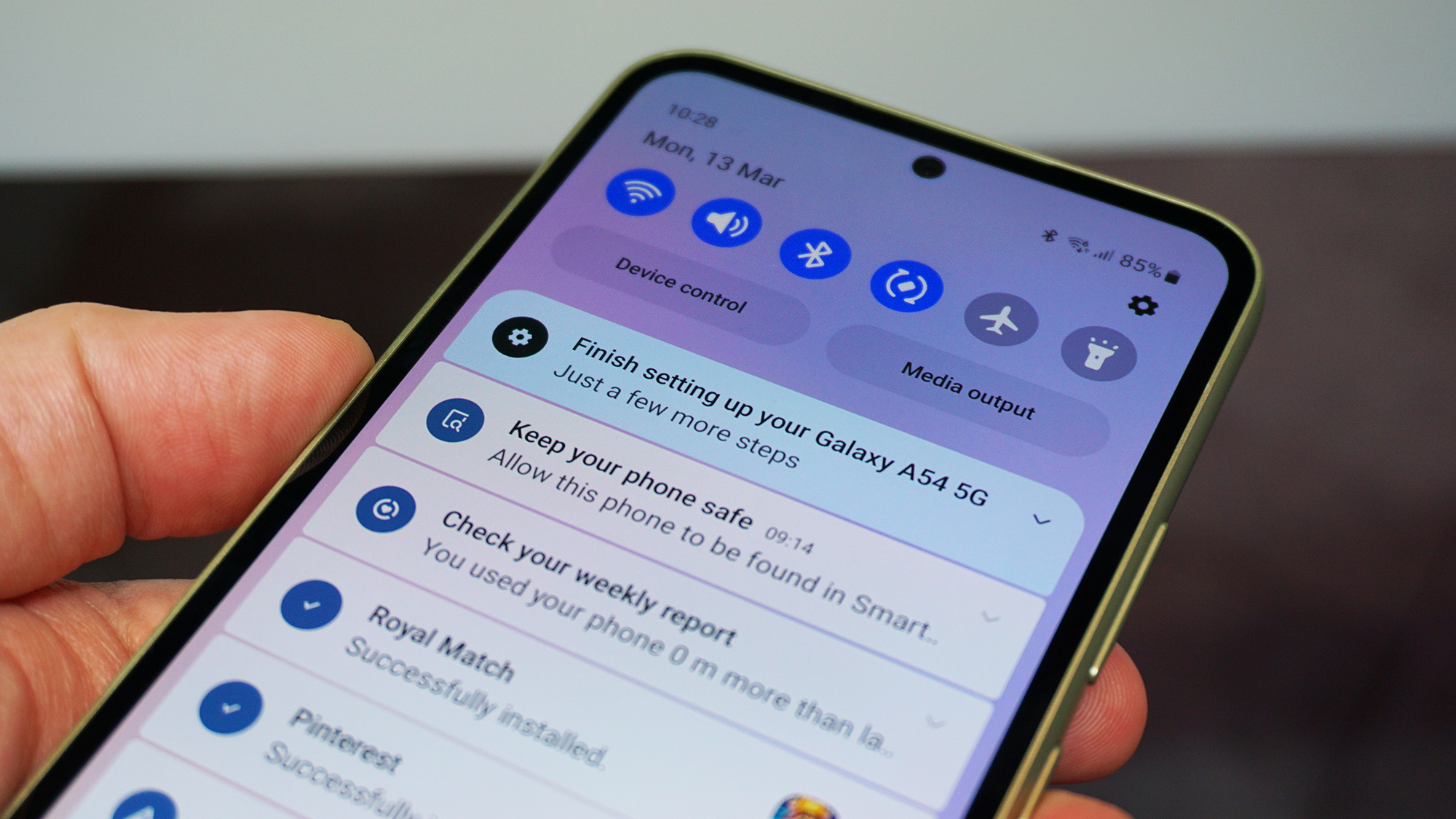
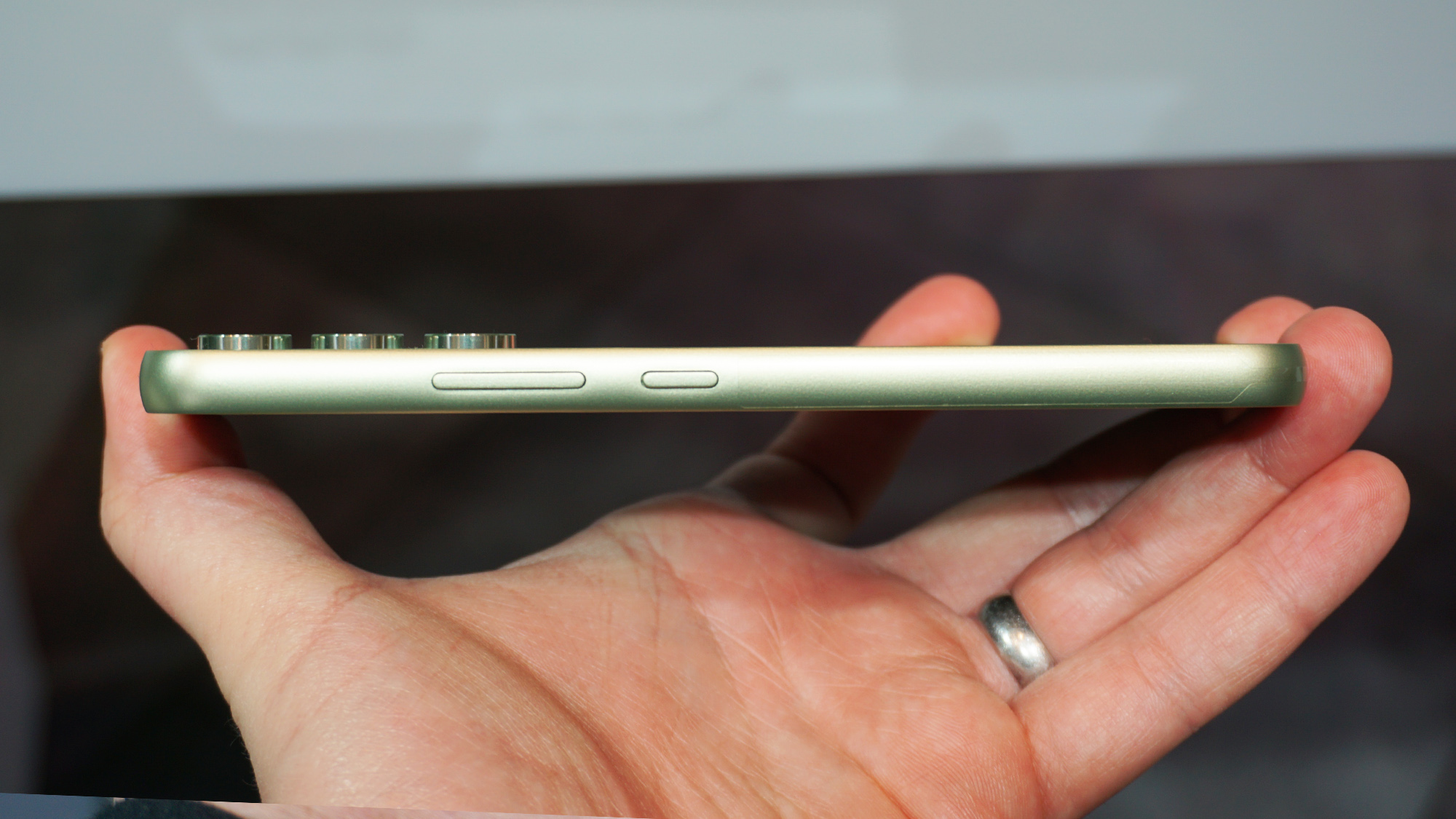
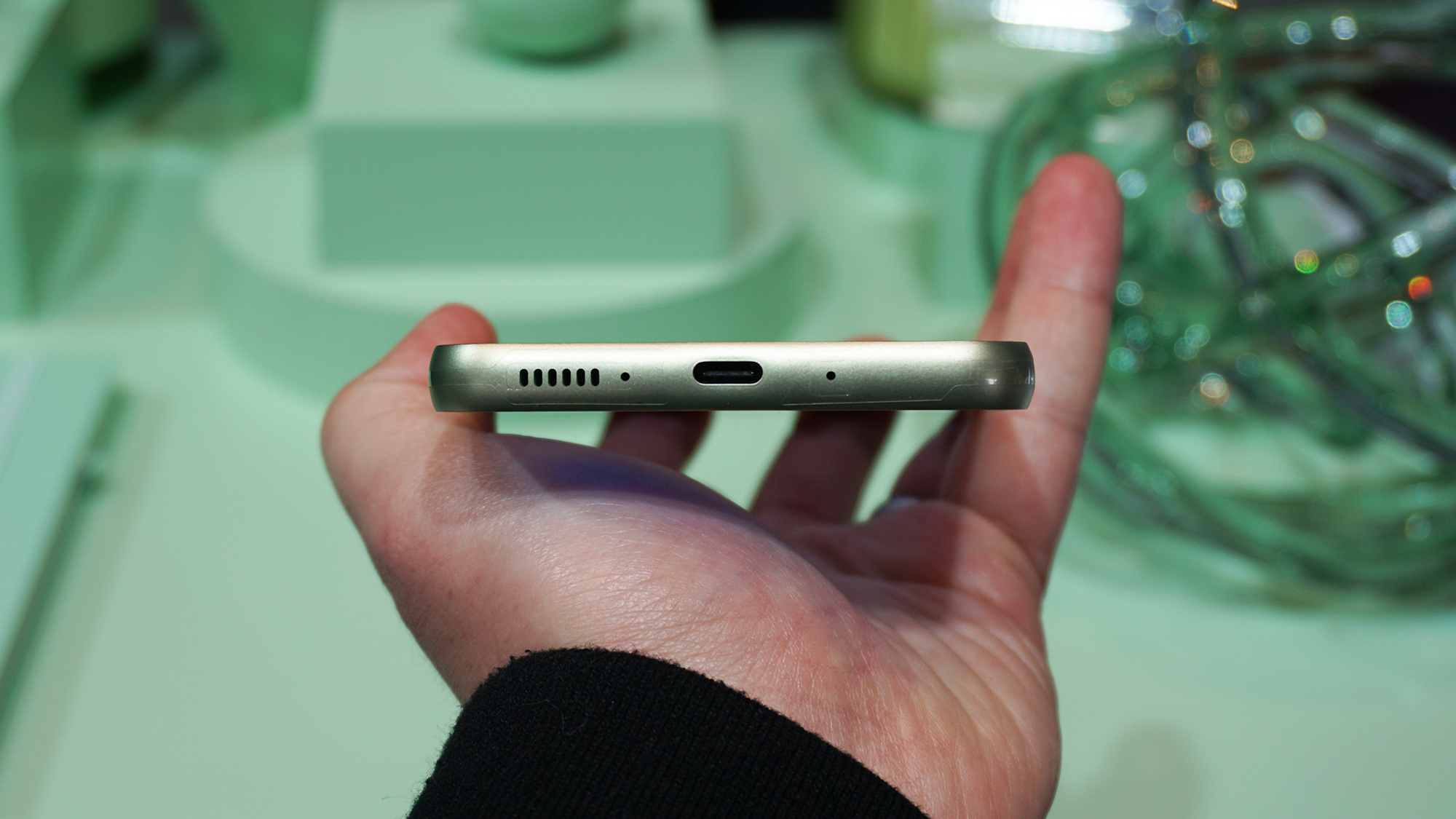
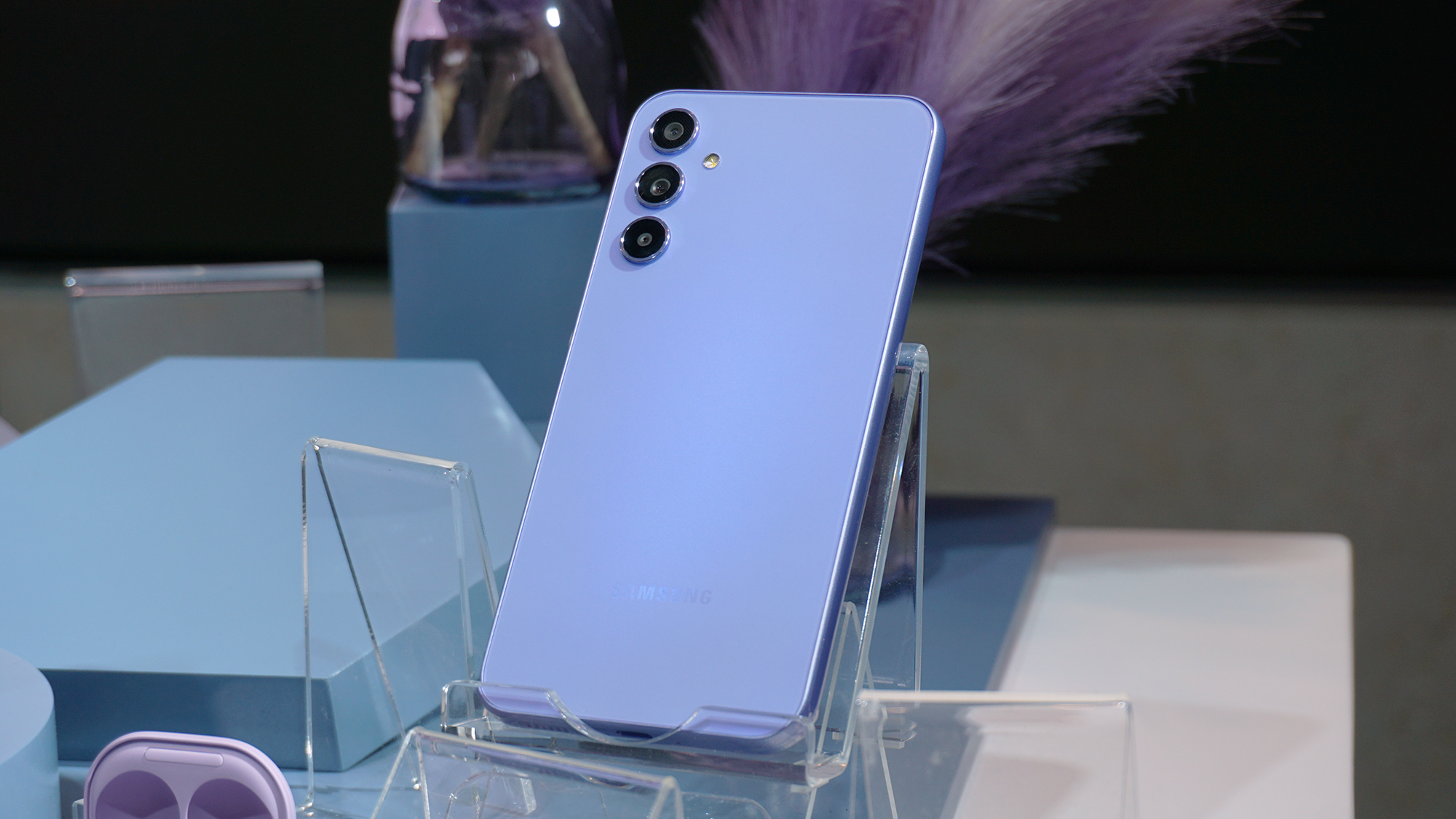
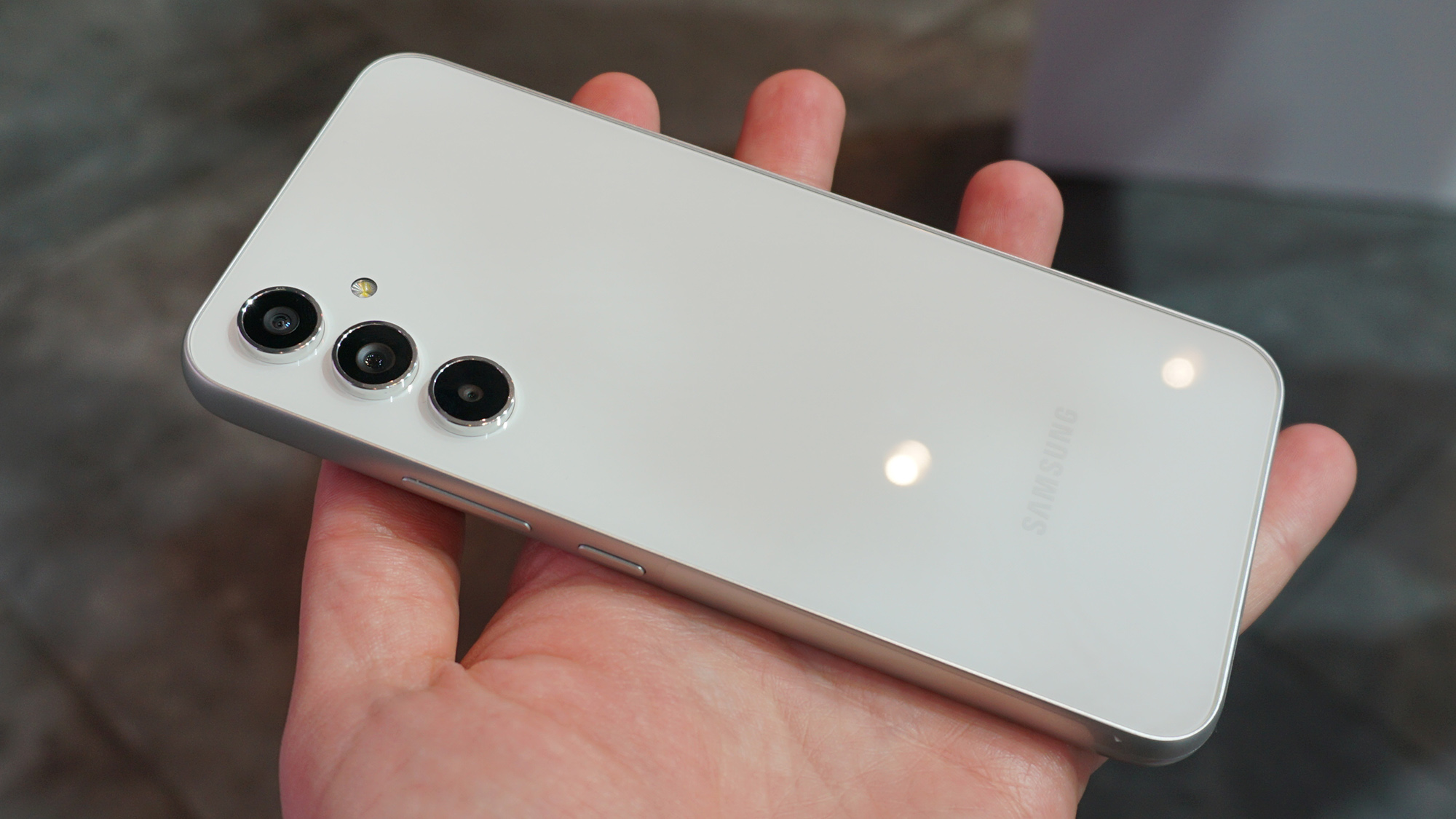
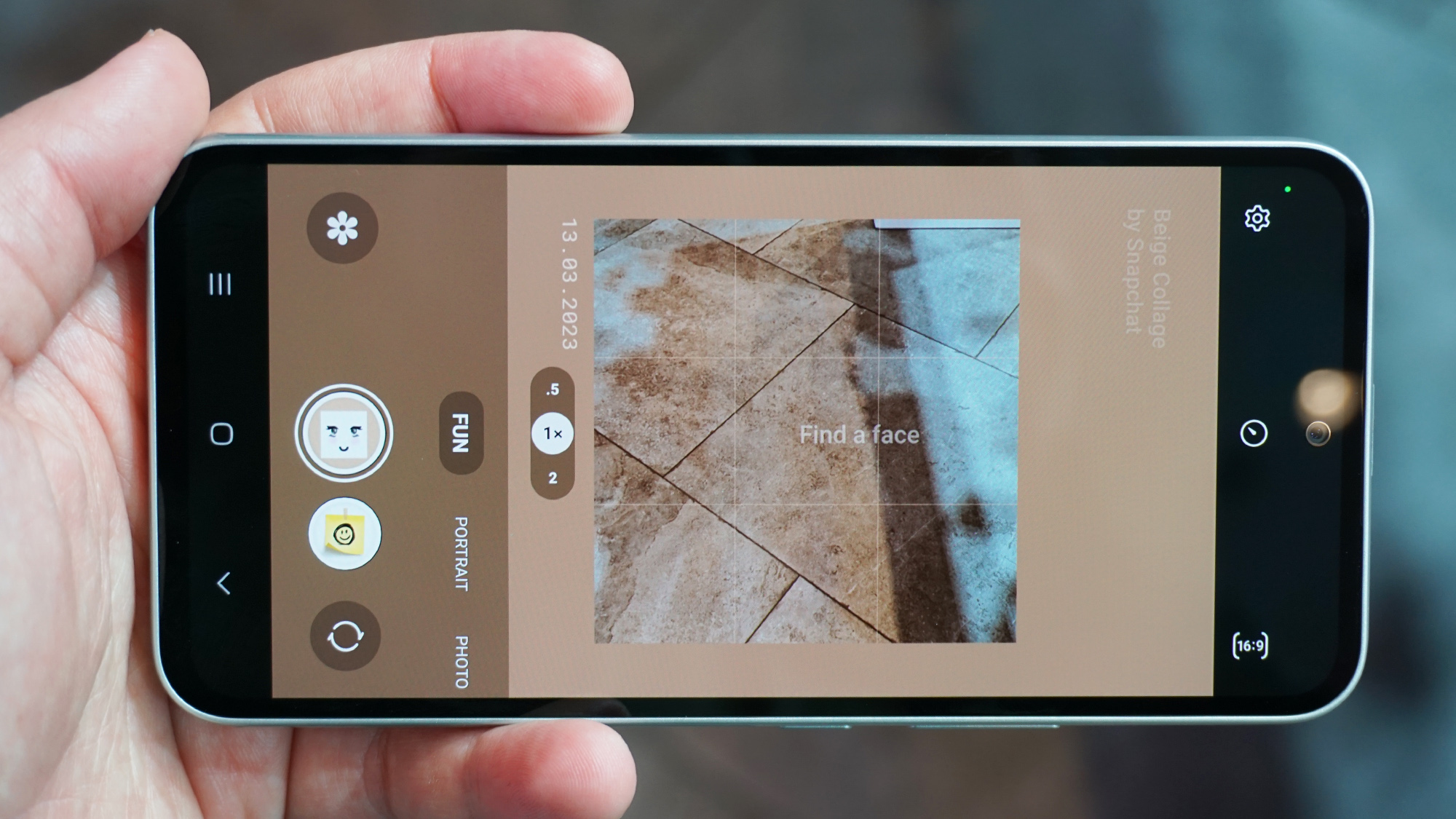
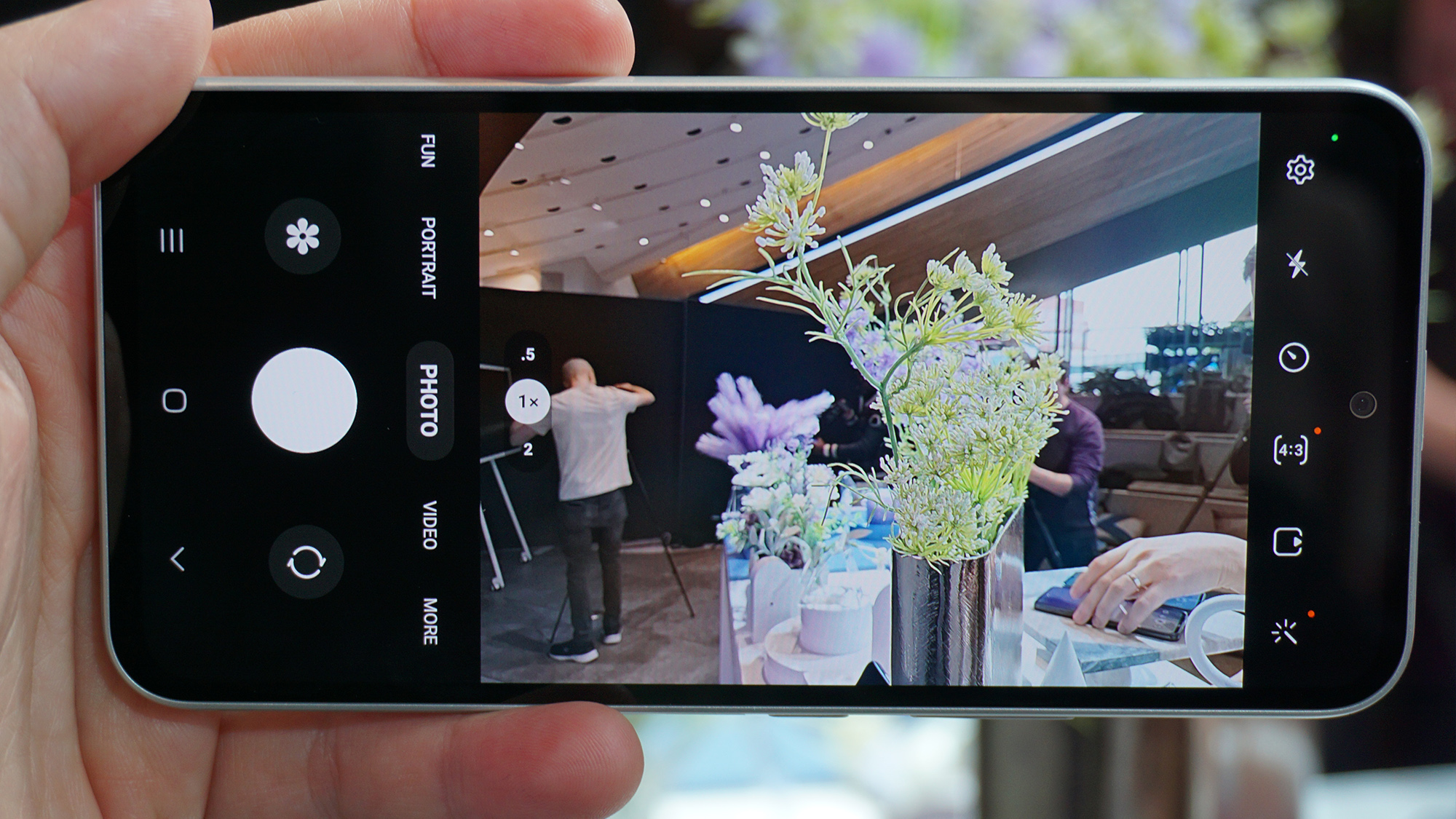
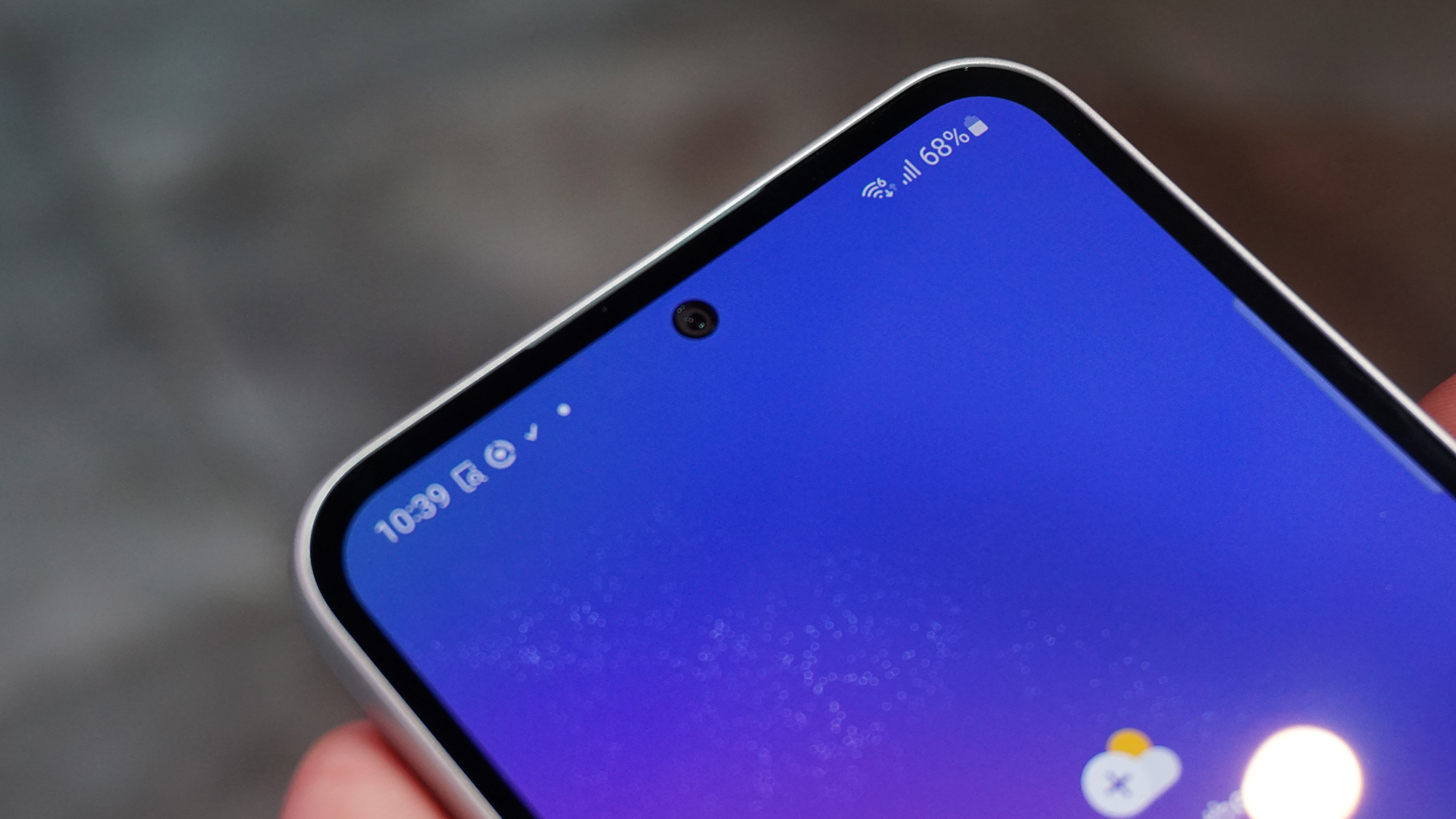
Obviously we’ll need to put these phones through a full review before we know how good they are in practice, but on paper, they’re improvements on their predecessors in a number of ways, but less so in others.
For one thing, in terms of megapixels the previous phones look similarly accomplished. In fact, the Galaxy A53 5G actually has a 64MP primary snapper, and both the A53 5G and Galaxy A33 5G have a fourth sensor for judging depth, which is lacking here – though the 2MP one on the Galaxy A33 5G is exactly the sort of filler lens we don’t miss.
But we know in the case of the Galaxy A54 5G that the main camera’s pixel size, image sensor size, and OIS angle are improved over its predecessor, so photos are likely to come out better, even after shedding a few pixels compared to the previous sensor.
Other clear improvements come in the form of the chipsets used by the new phones, and the Galaxy A34 5G’s refresh rate, which is up from 90Hz on the previous model.
However, the battery capacities, charging speeds, and water resistance levels are all the same, and the designs haven’t changed much either. So whether there’s enough improved here for these to rank among the best Samsung phones remains to be seen.
James is a freelance phones, tablets and wearables writer and sub-editor at TechRadar. He has a love for everything ‘smart’, from watches to lights, and can often be found arguing with AI assistants or drowning in the latest apps. James also contributes to 3G.co.uk, 4G.co.uk and 5G.co.uk and has written for T3, Digital Camera World, Clarity Media and others, with work on the web, in print and on TV.
- Alex Walker-ToddSenior Phones Editor